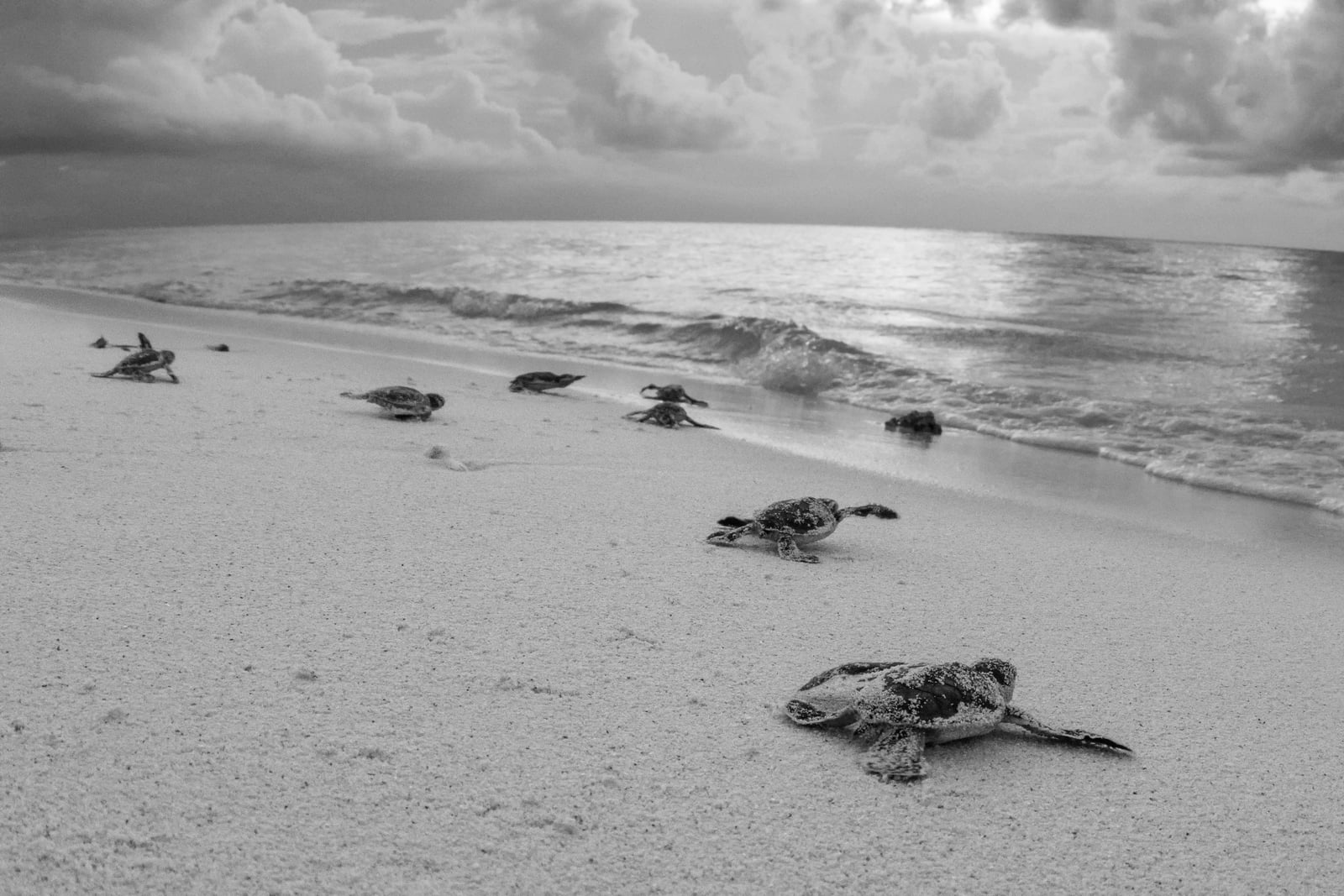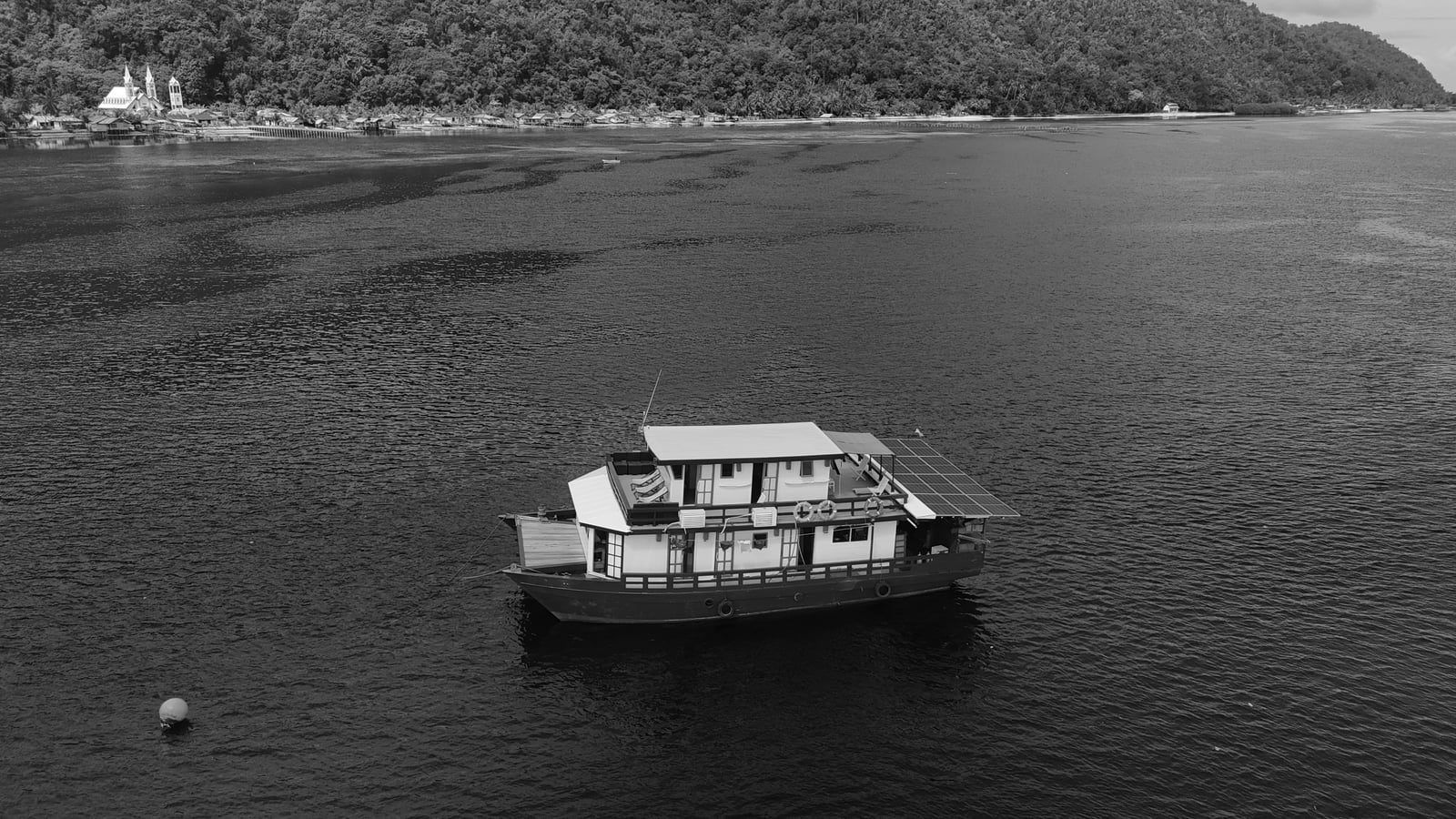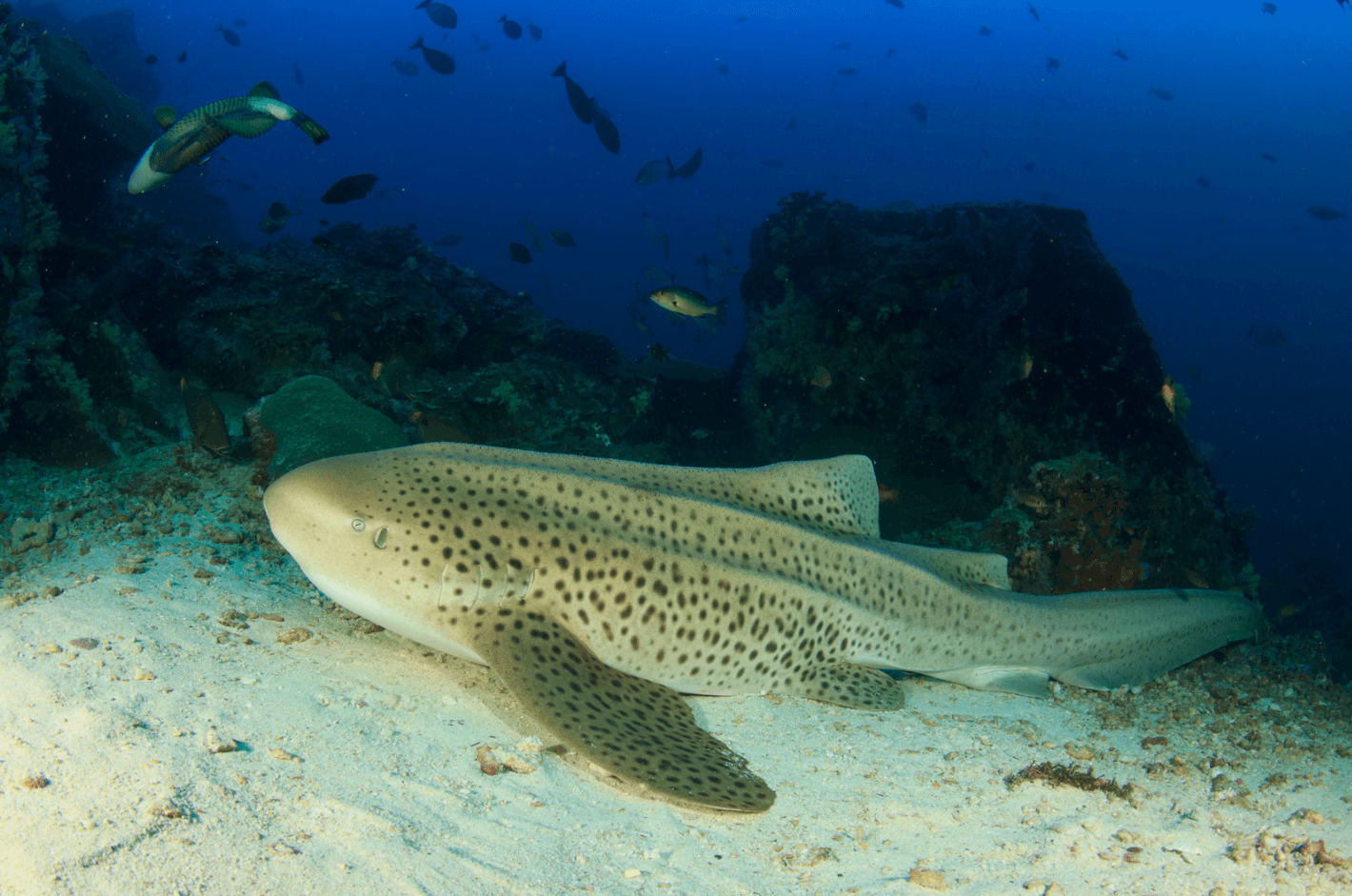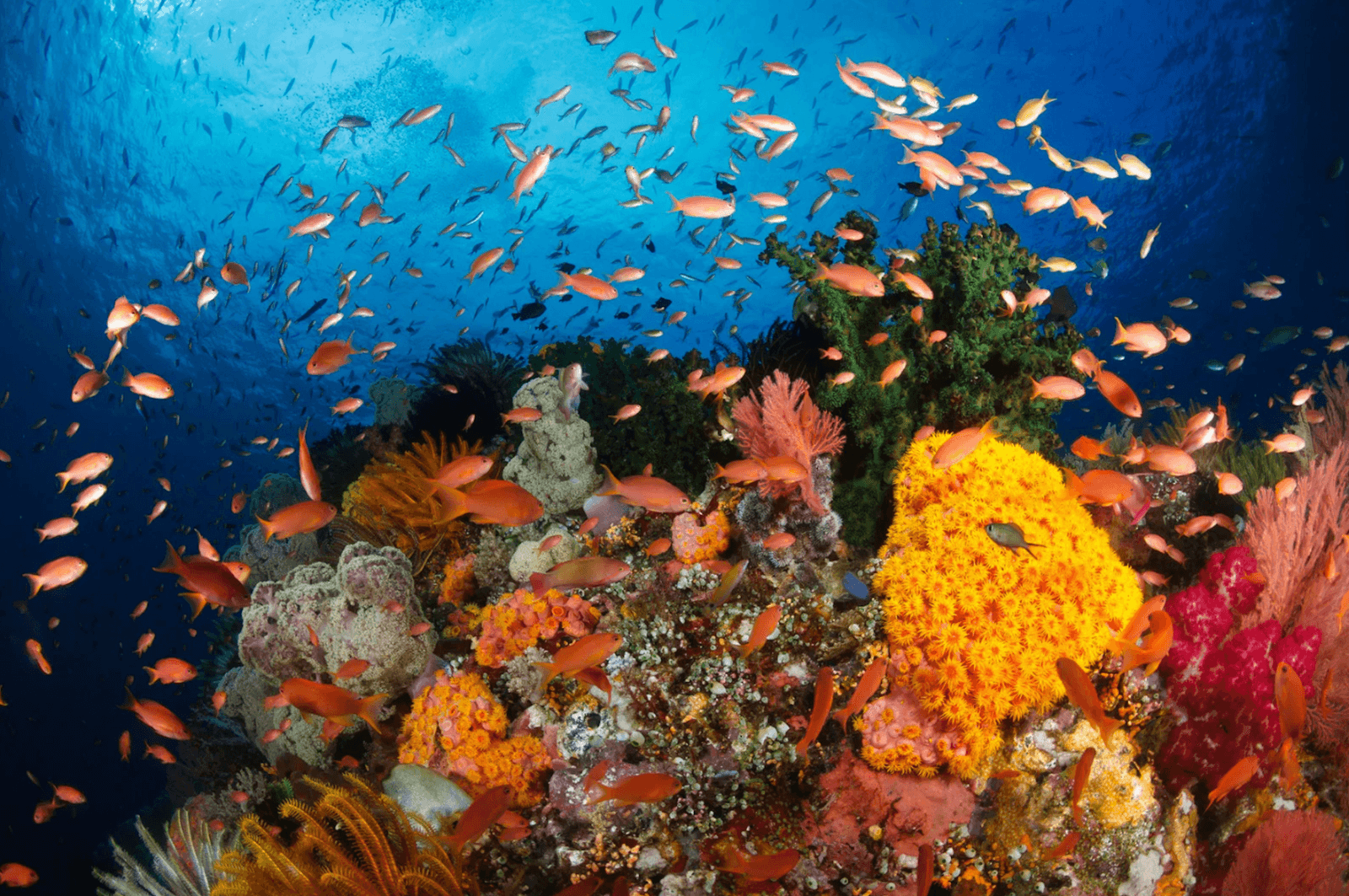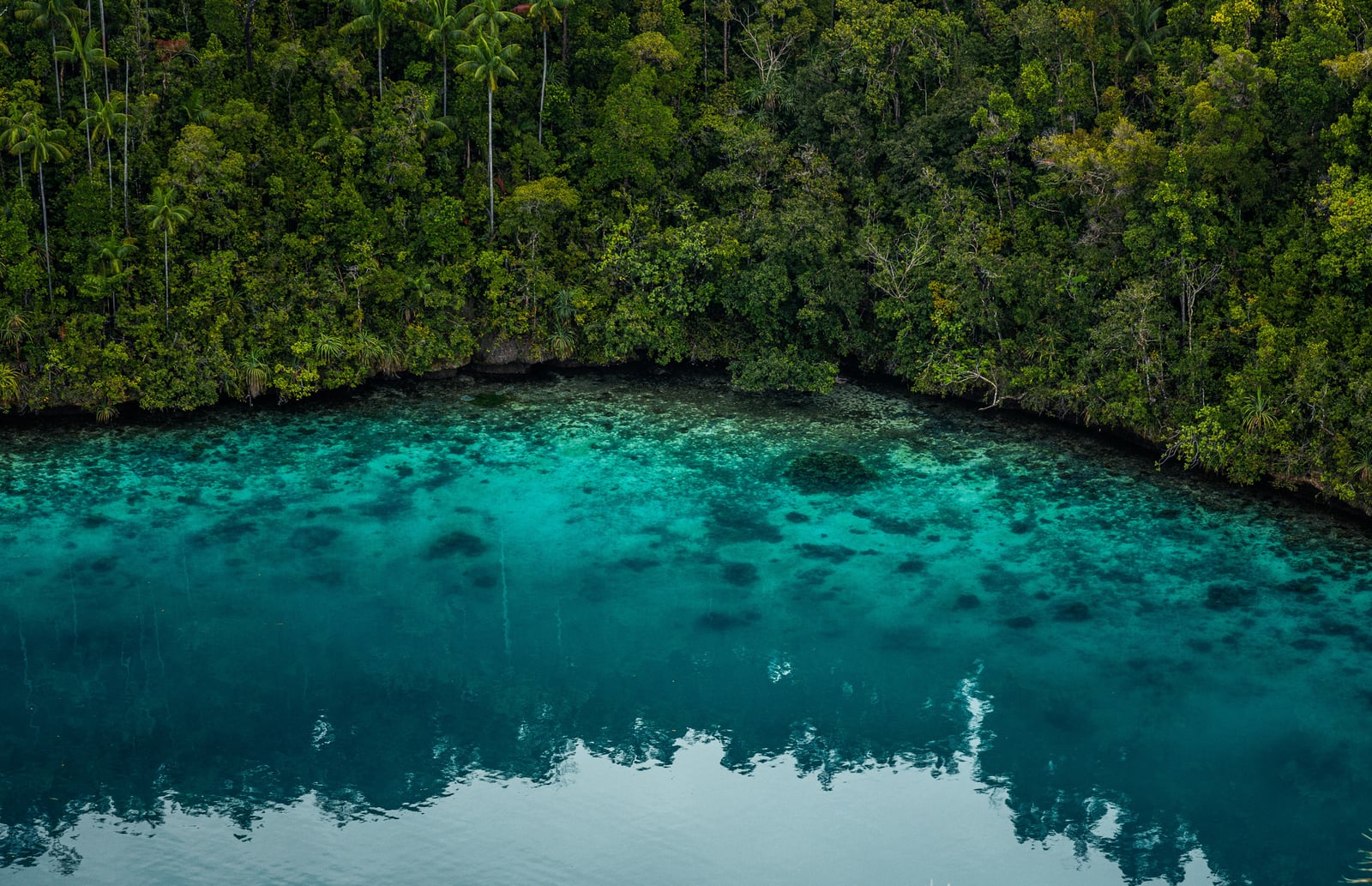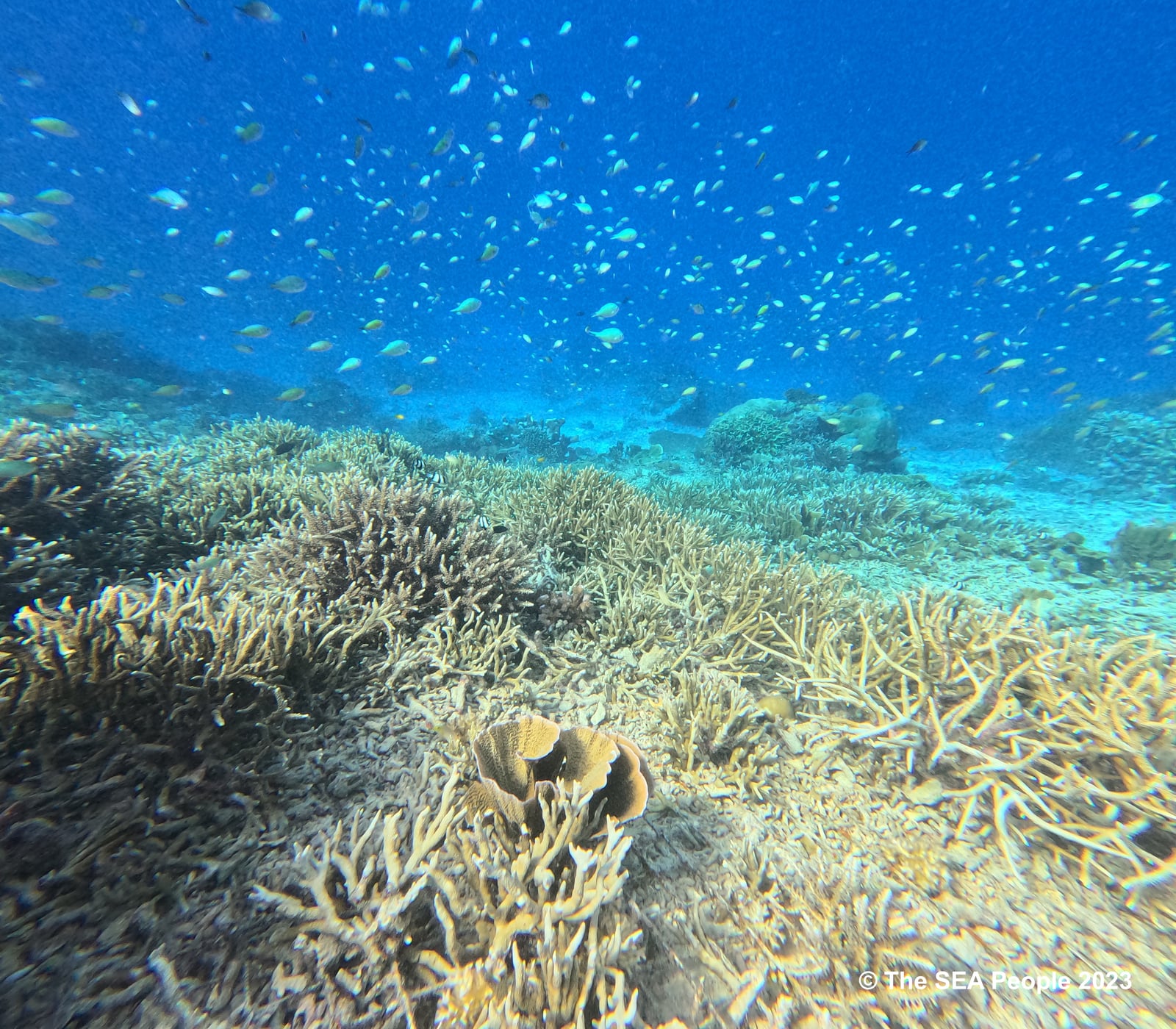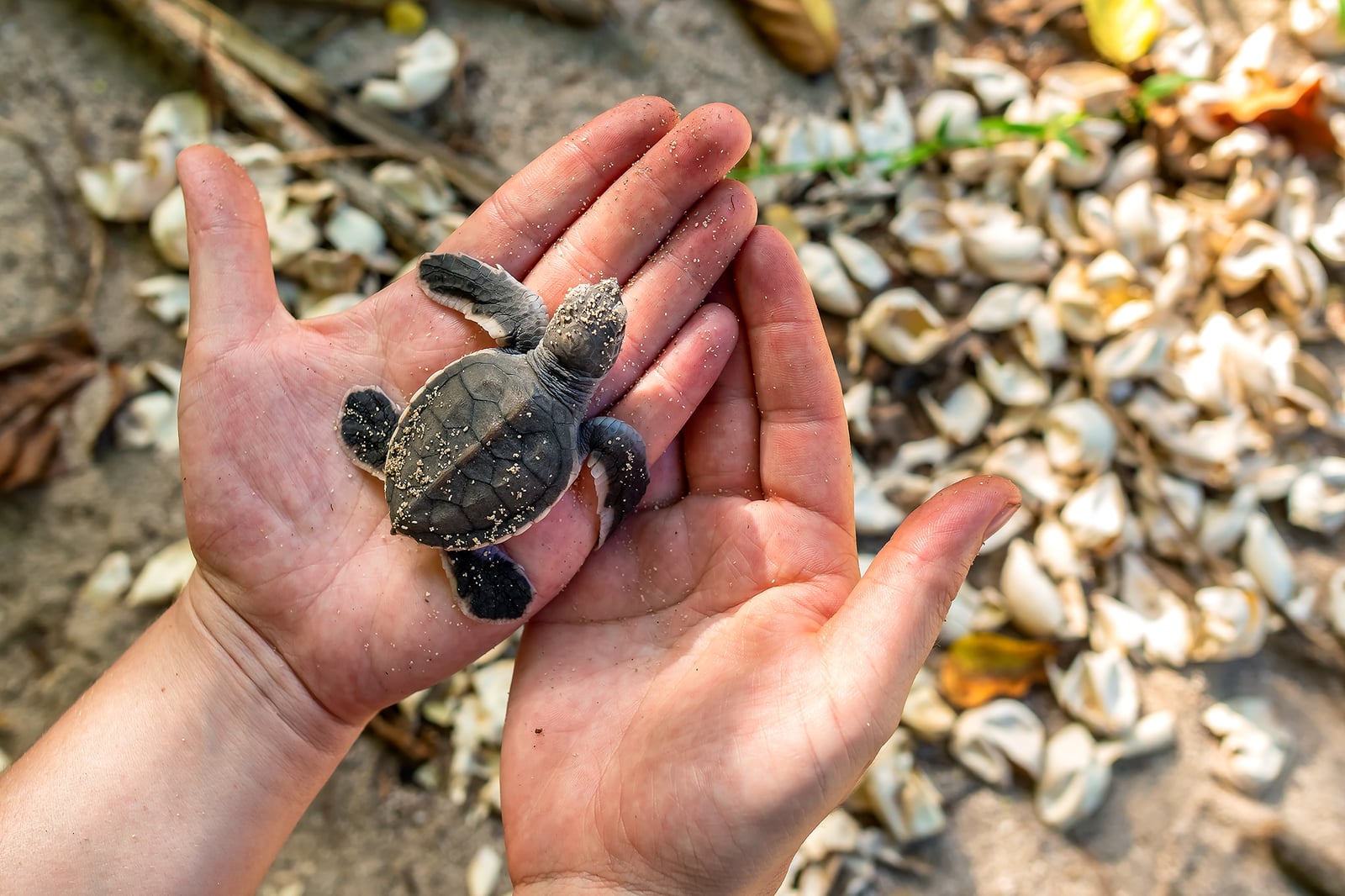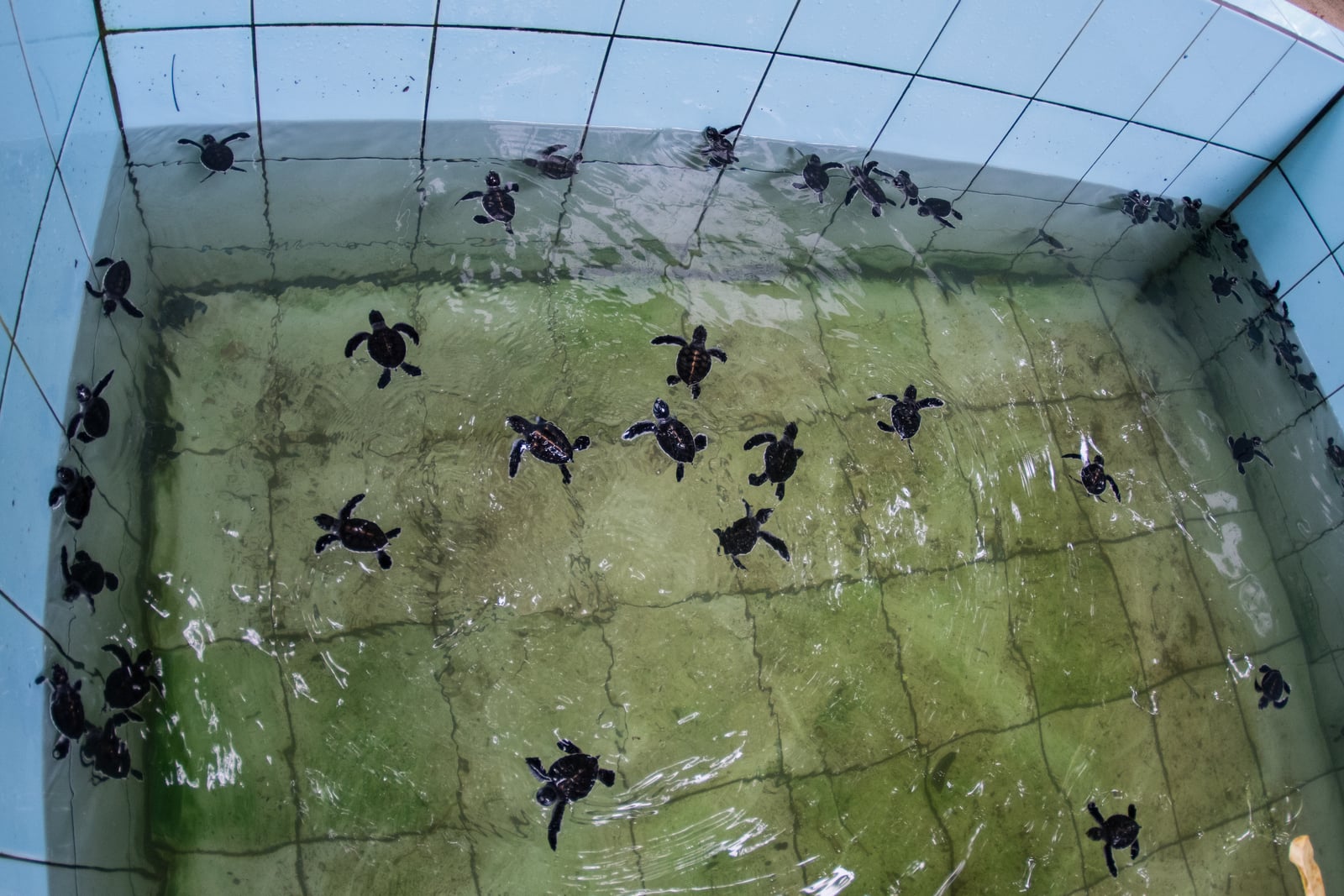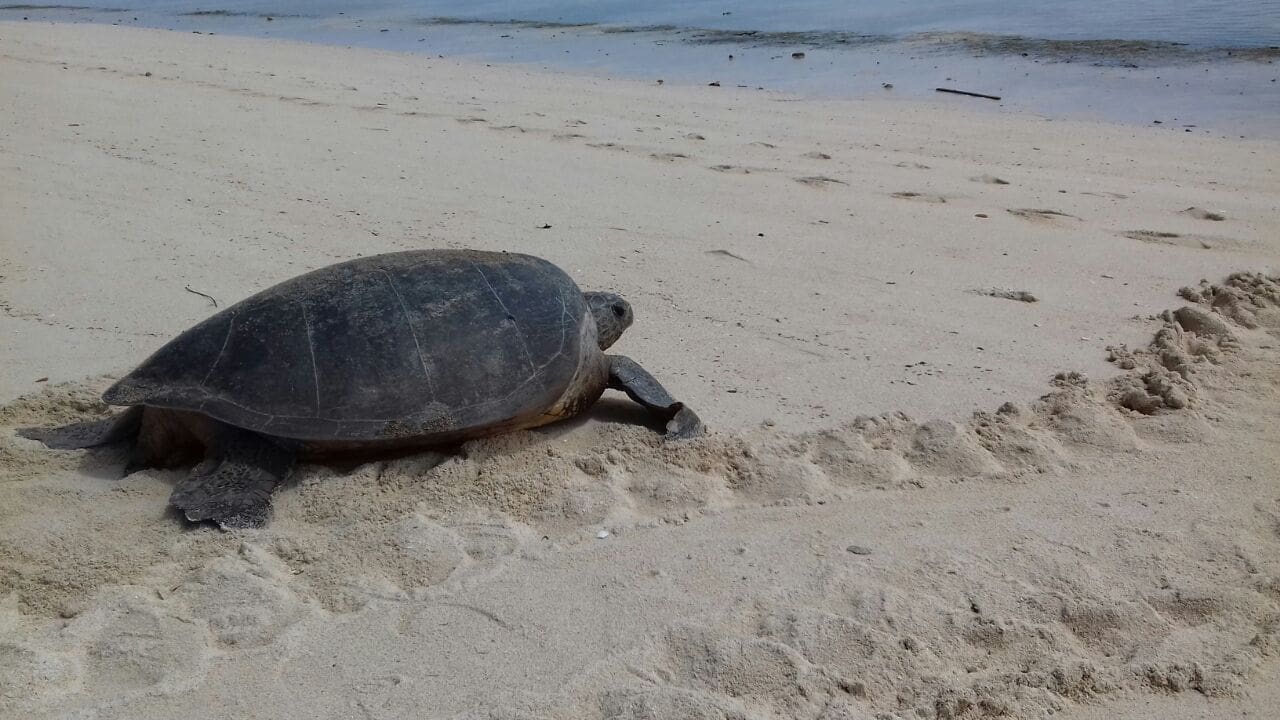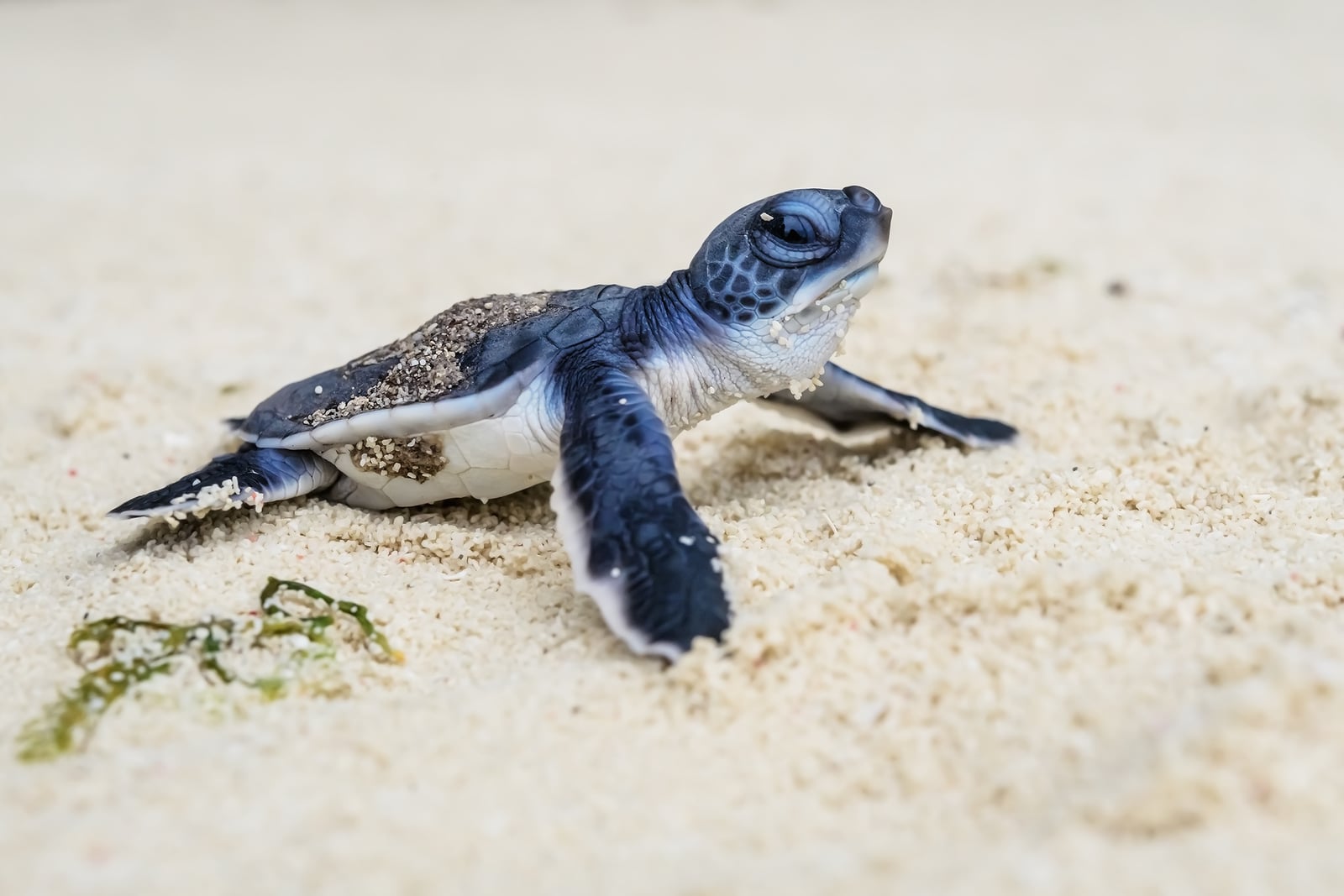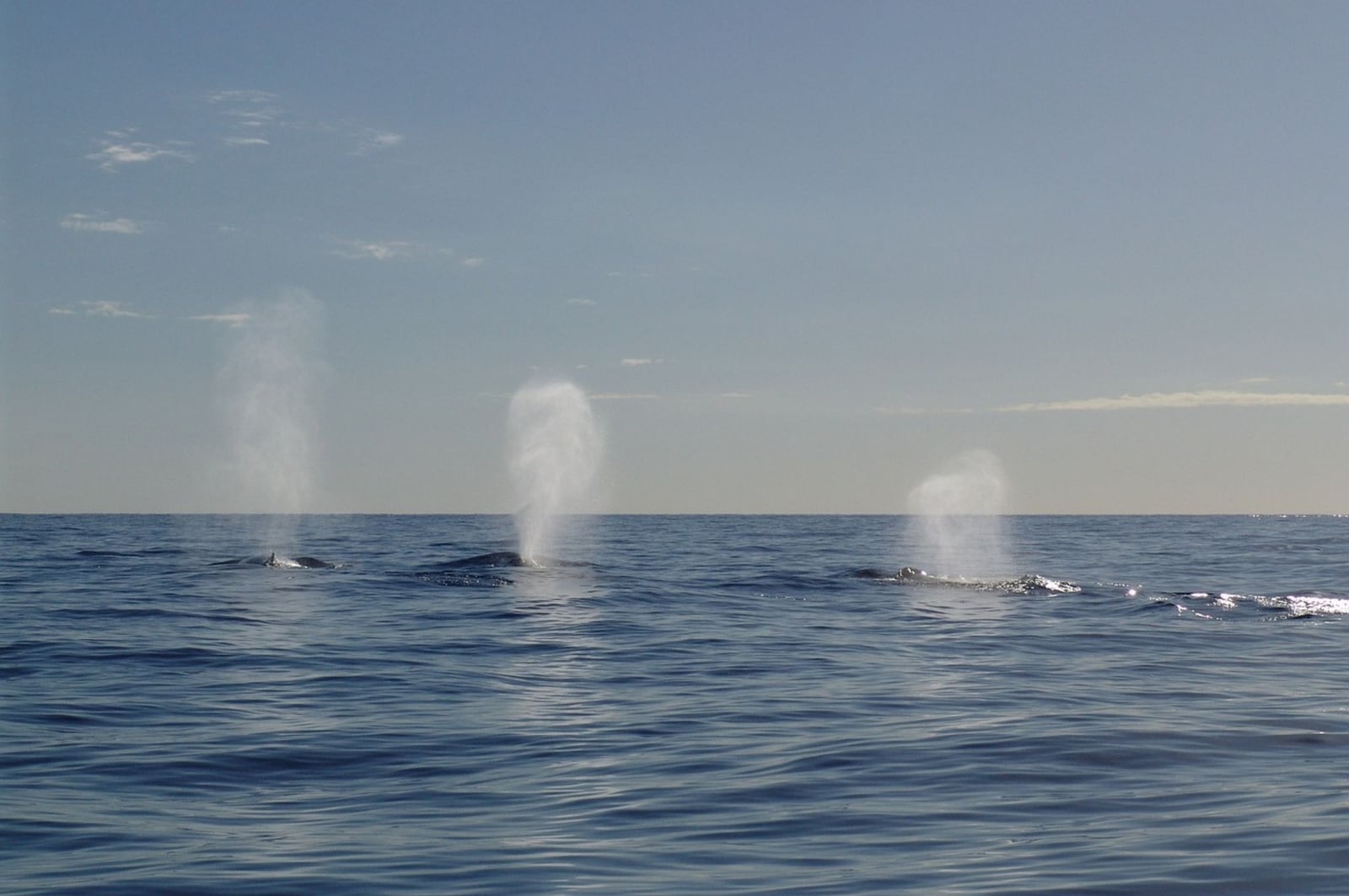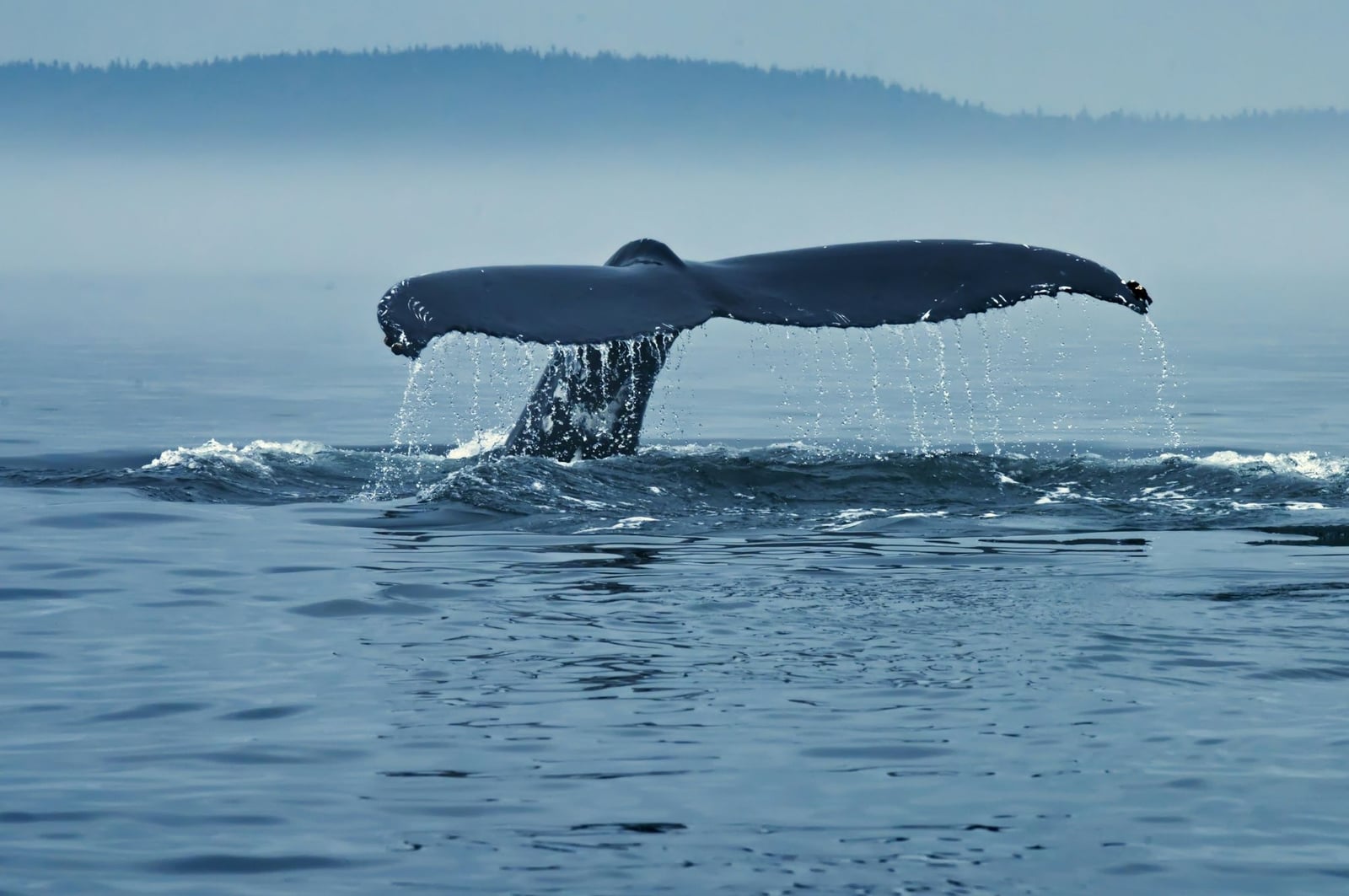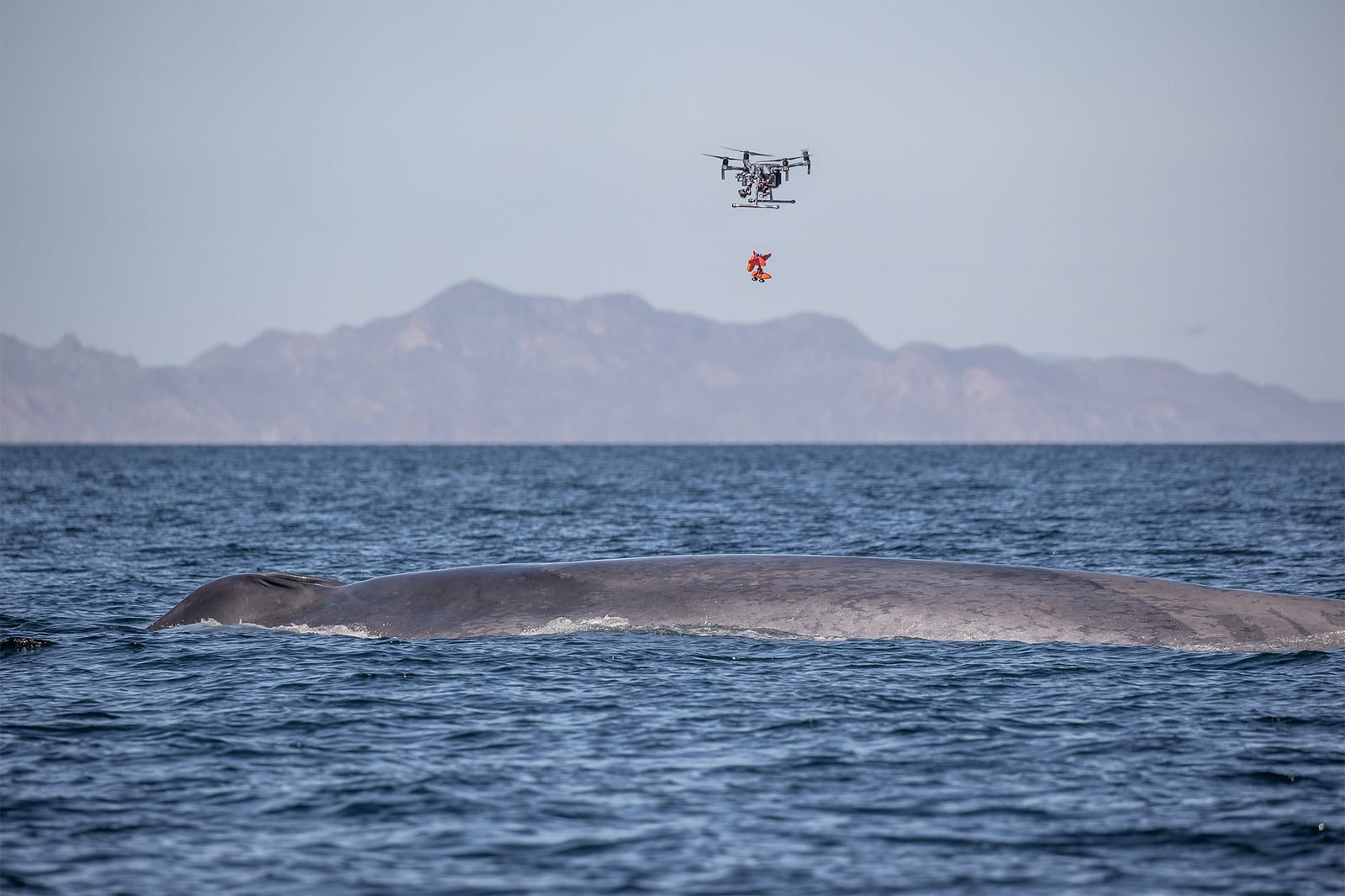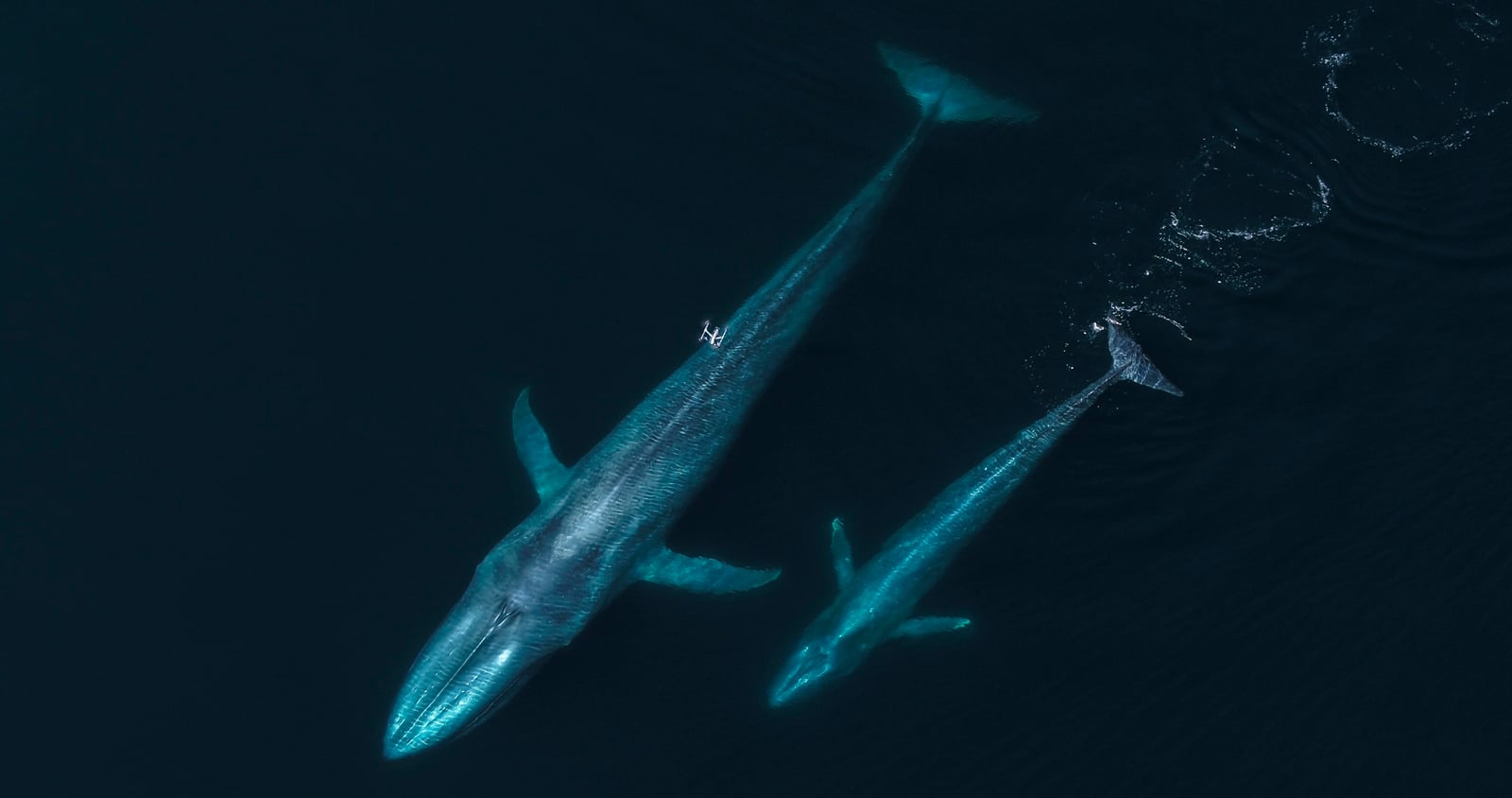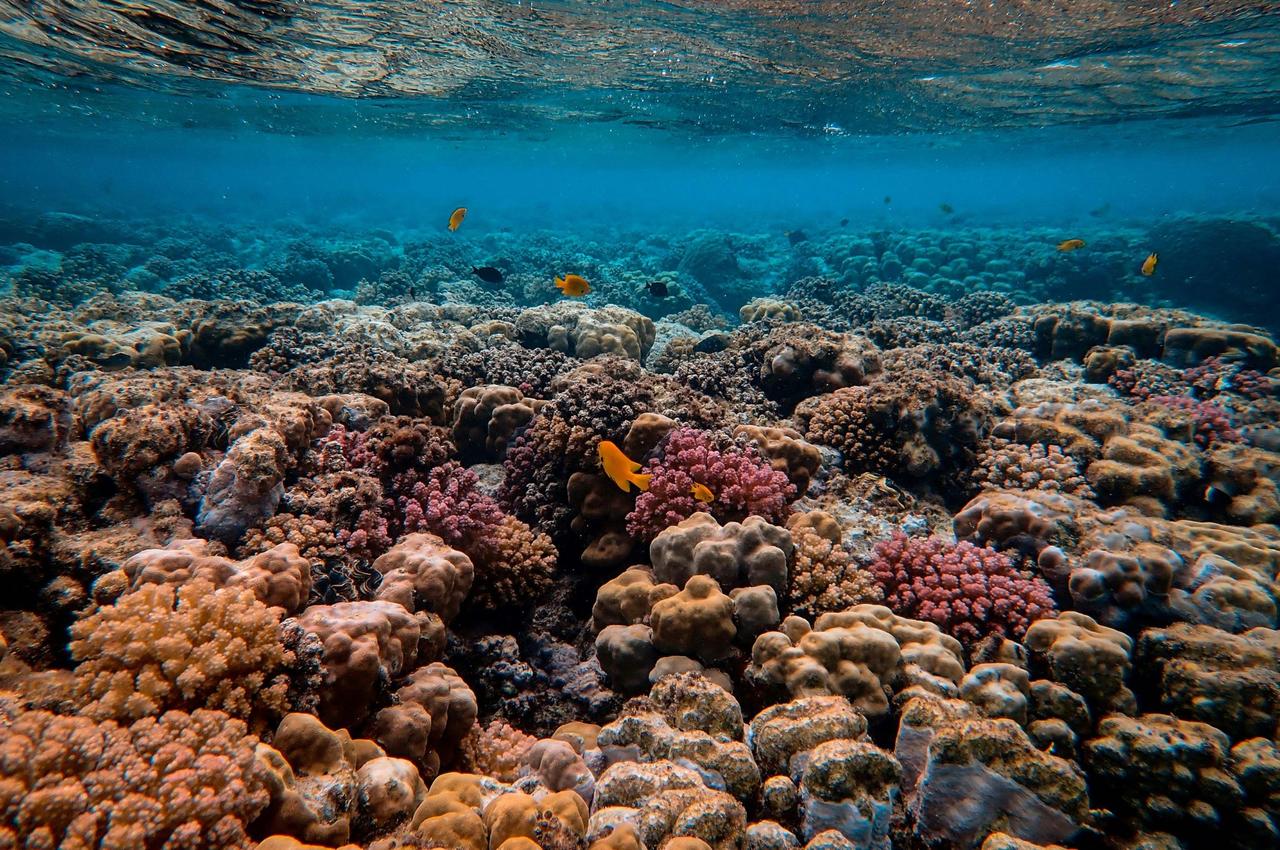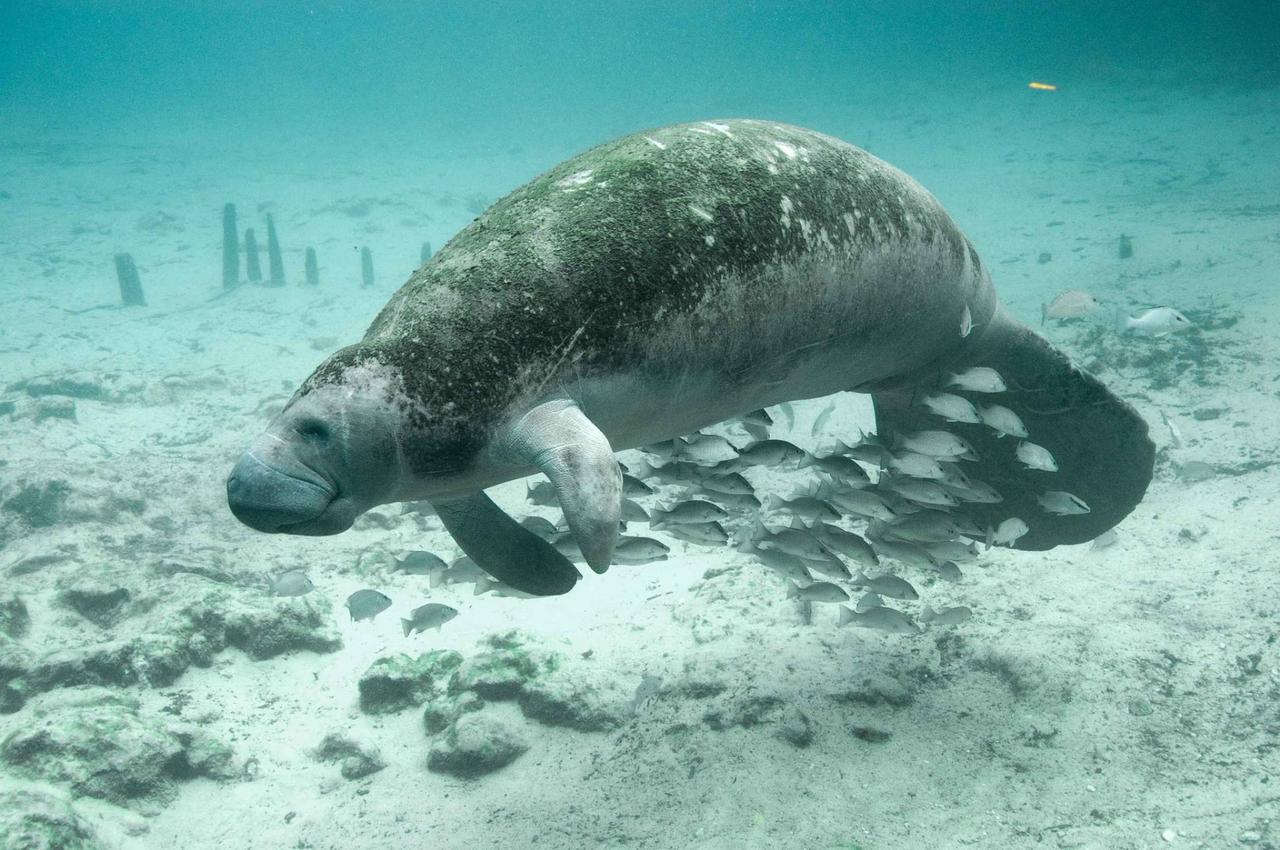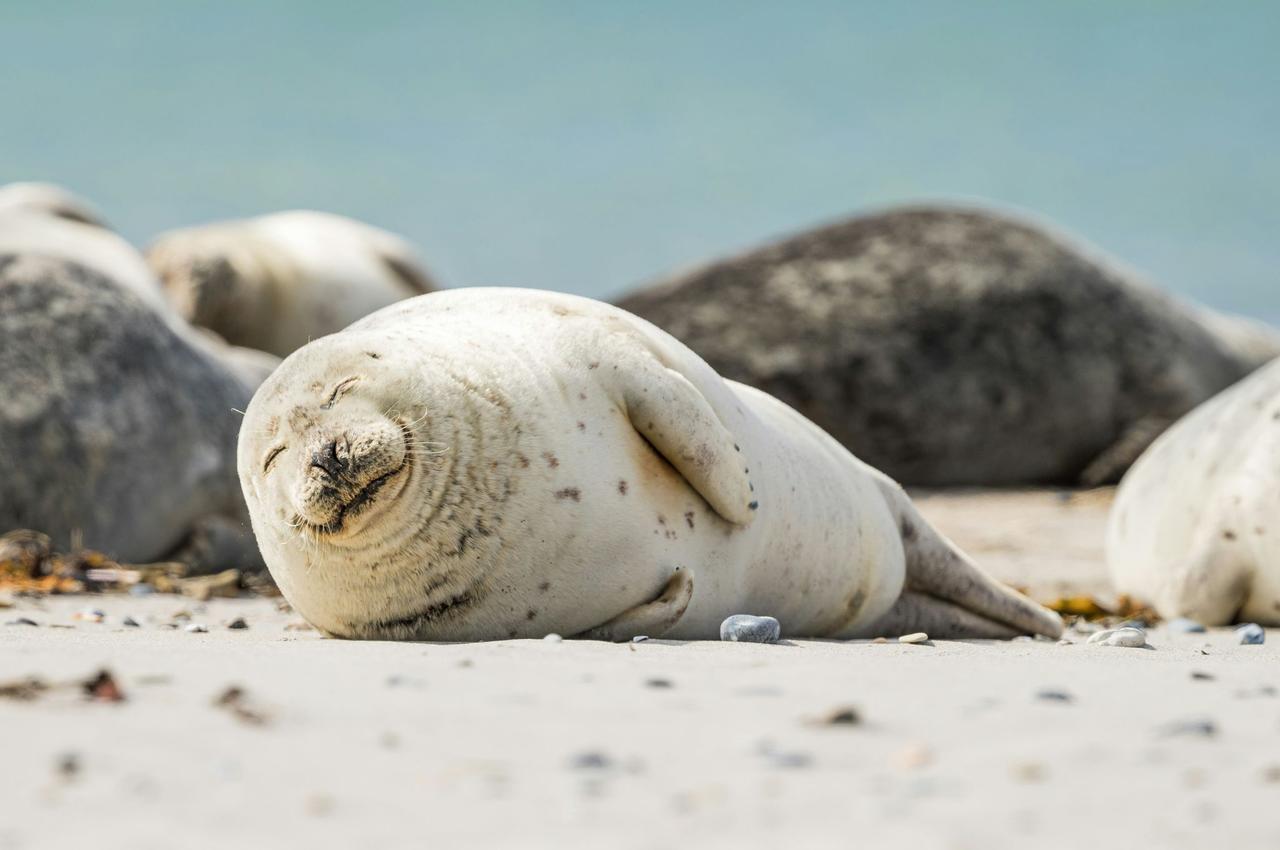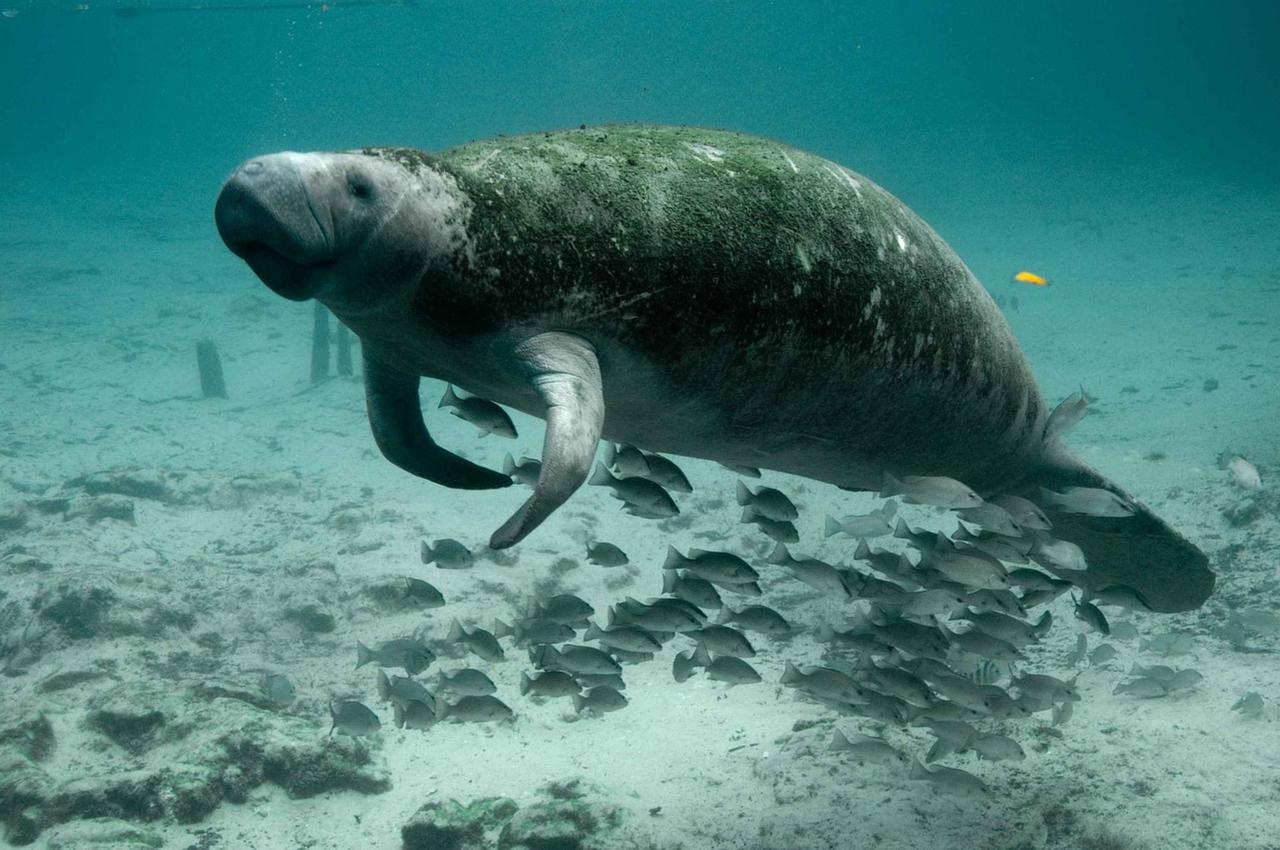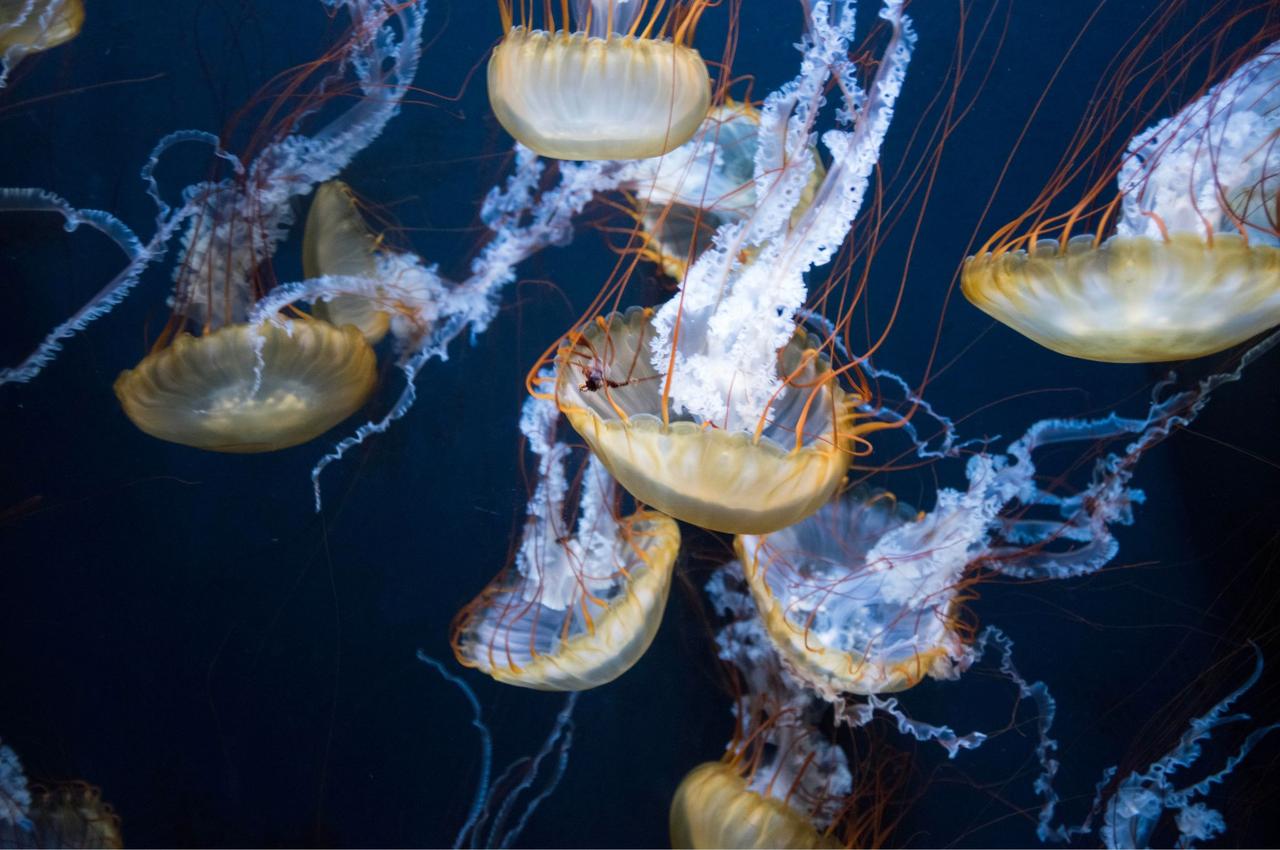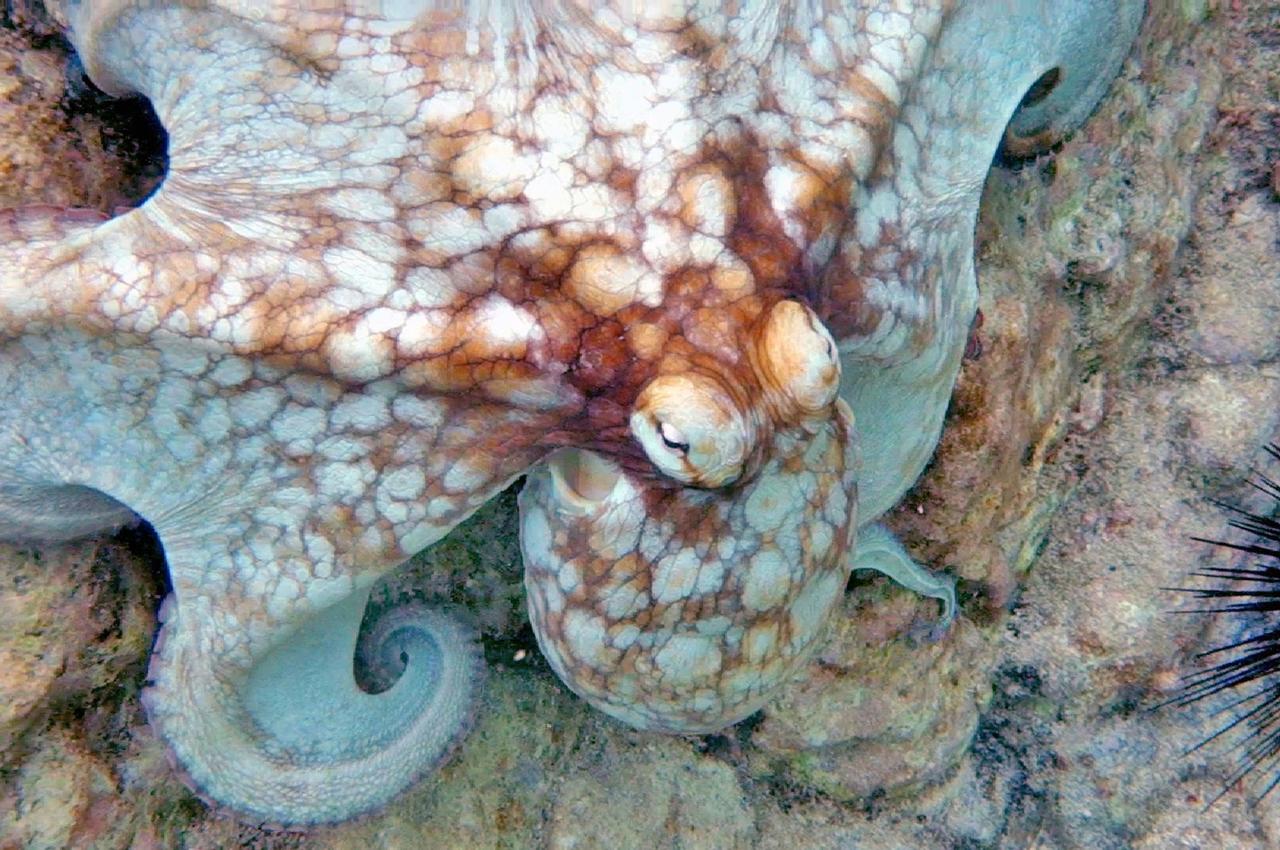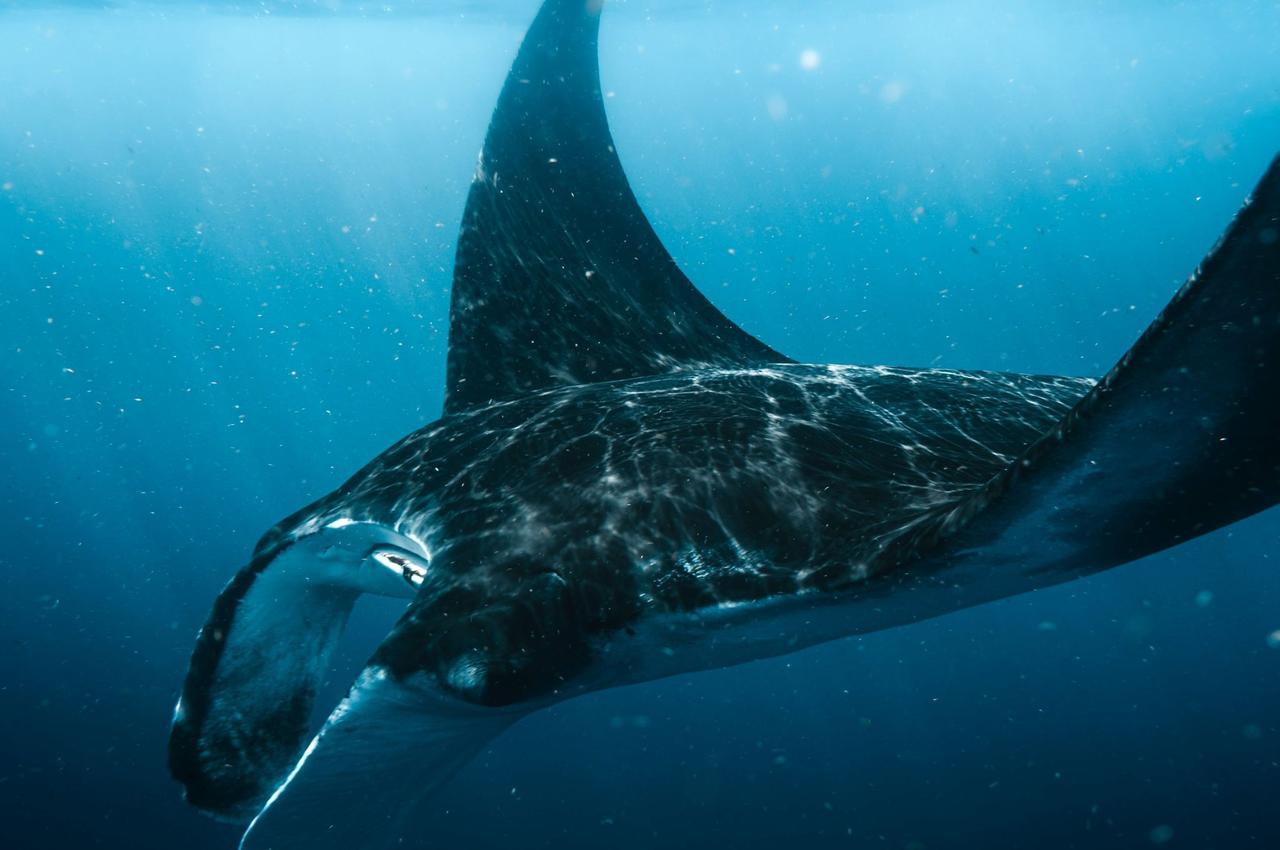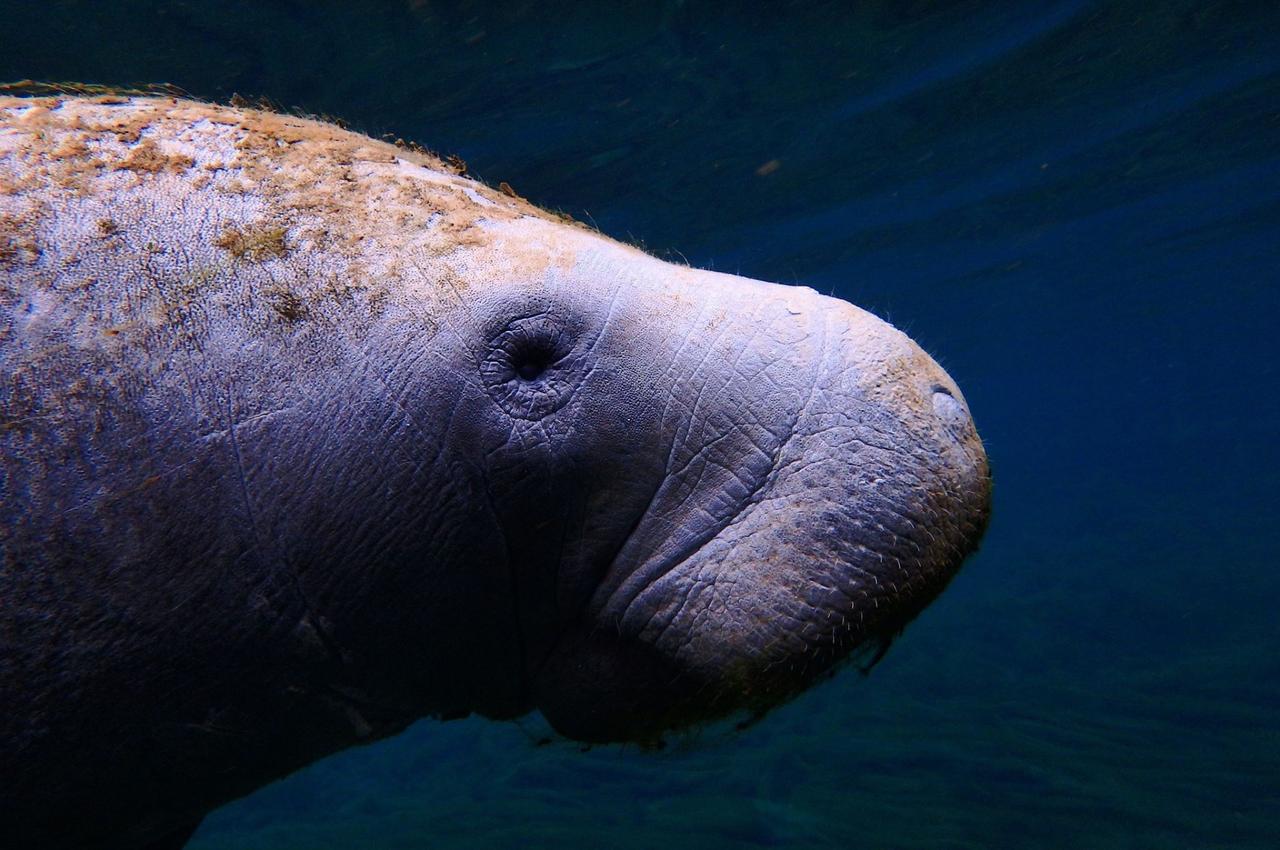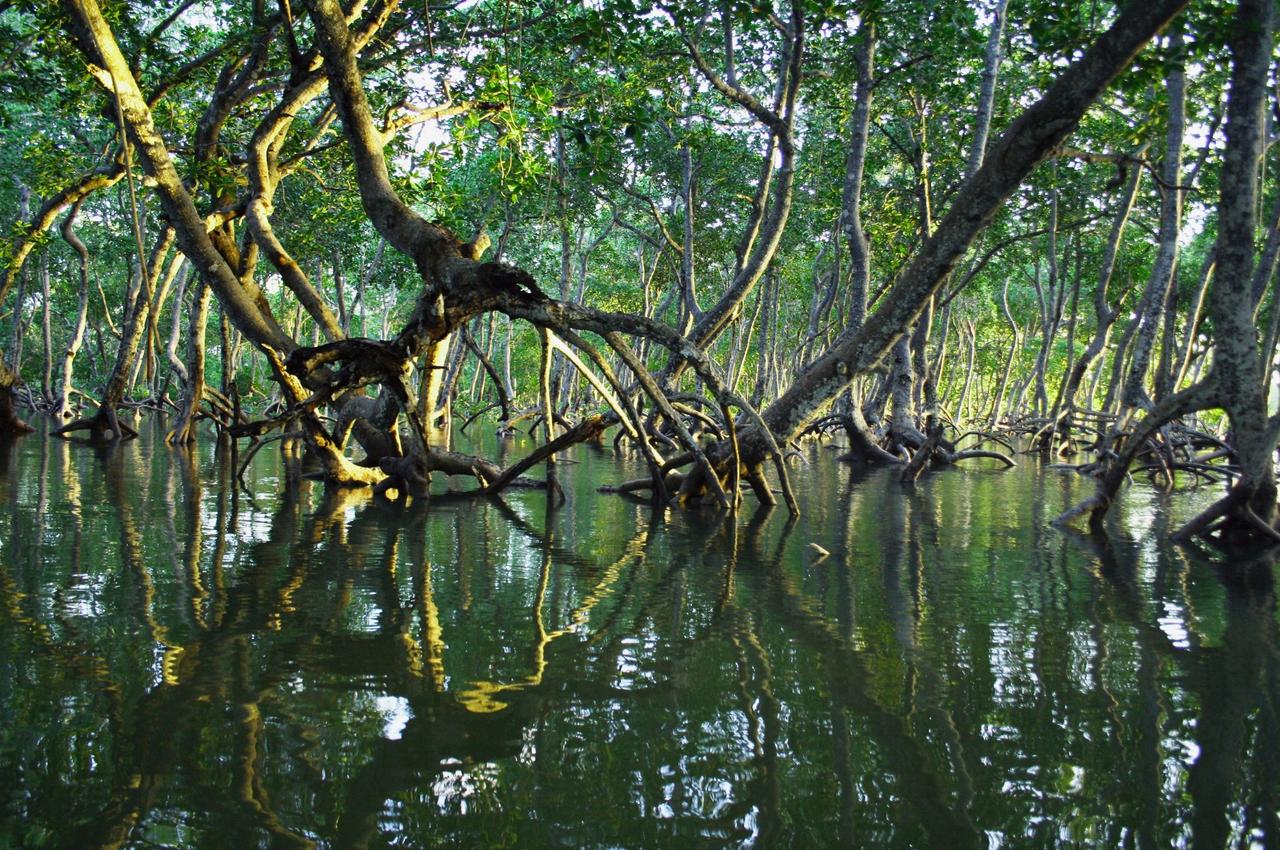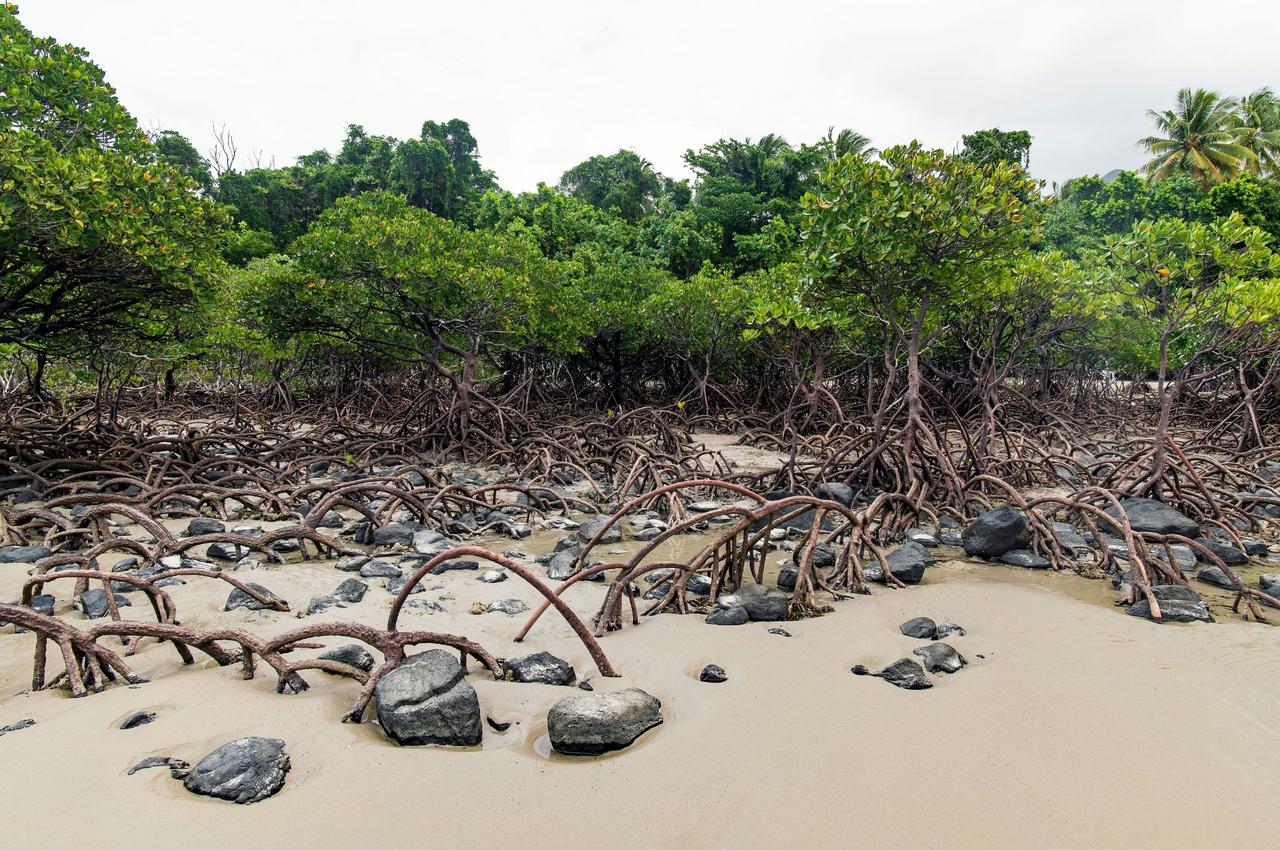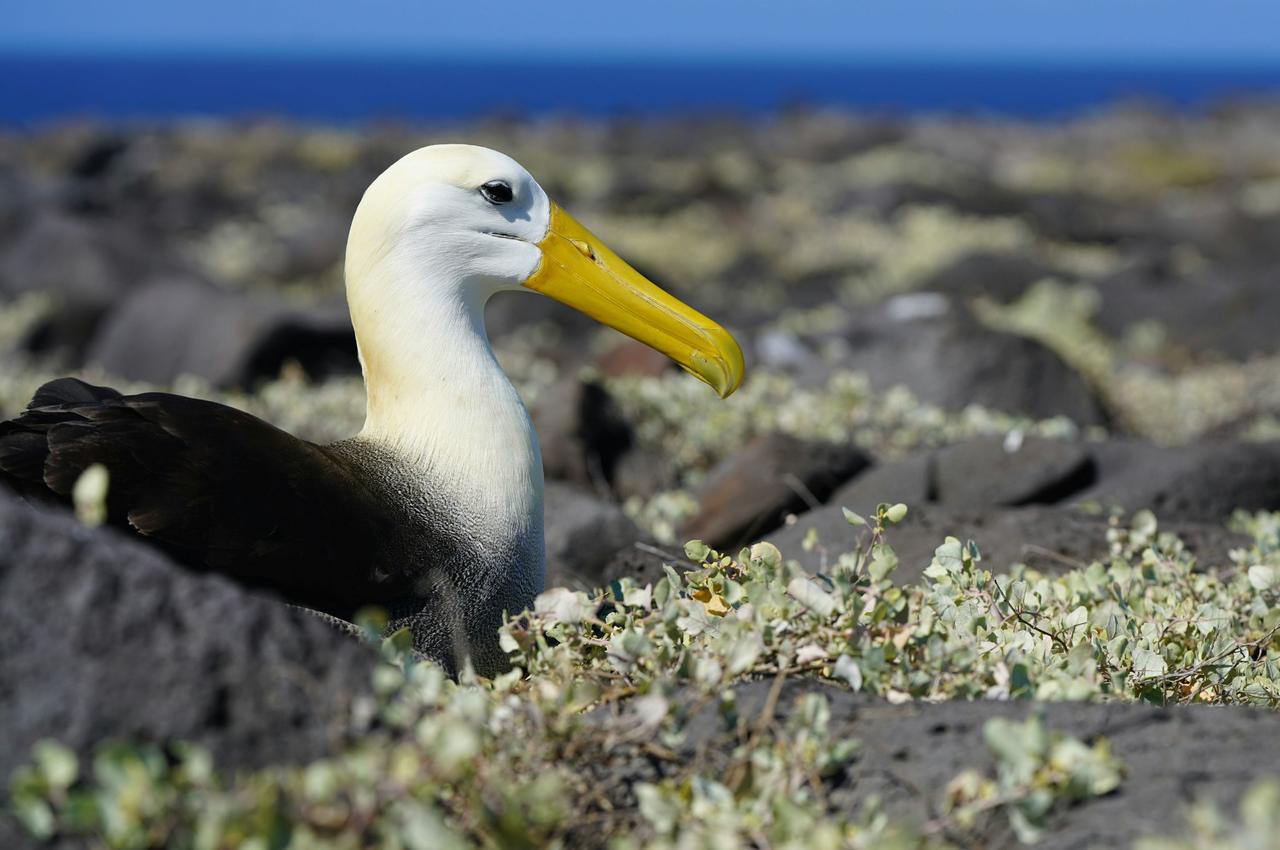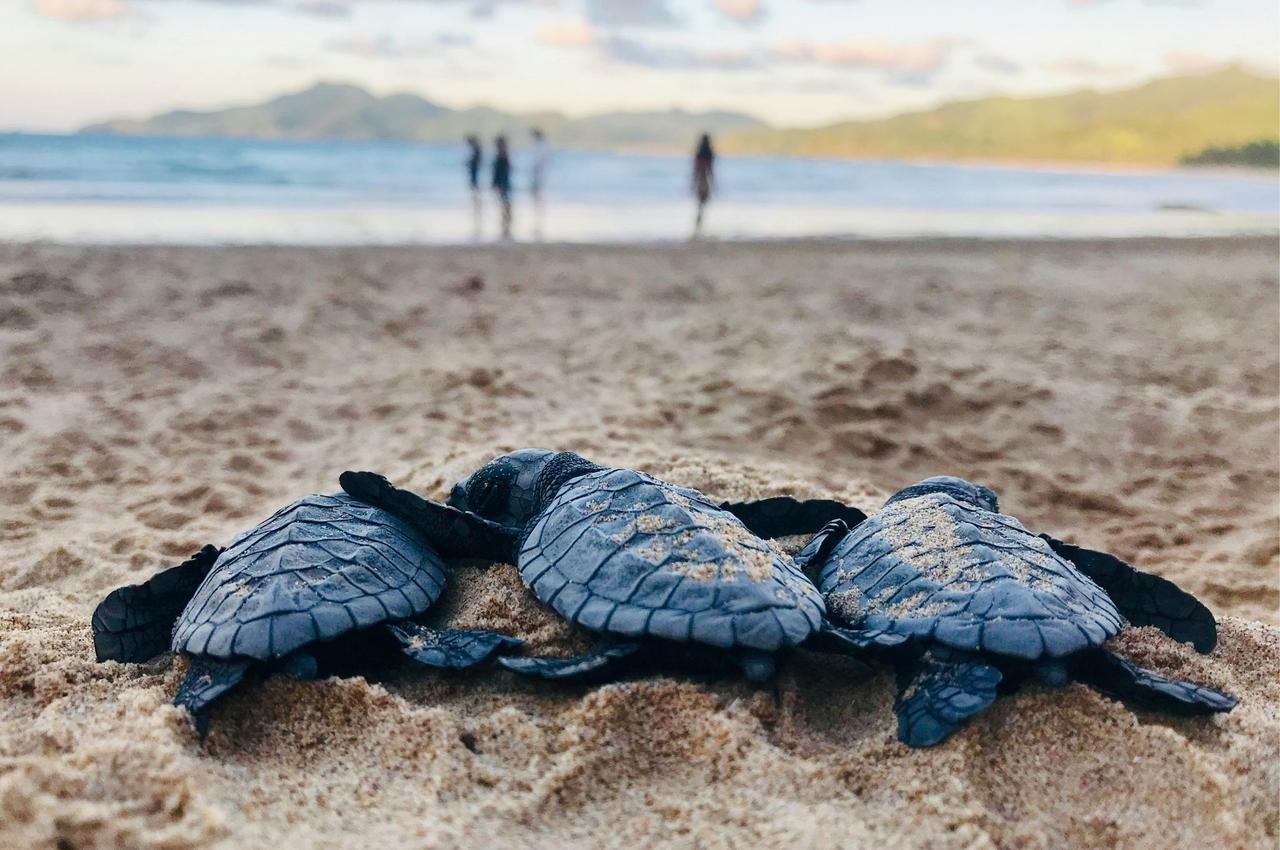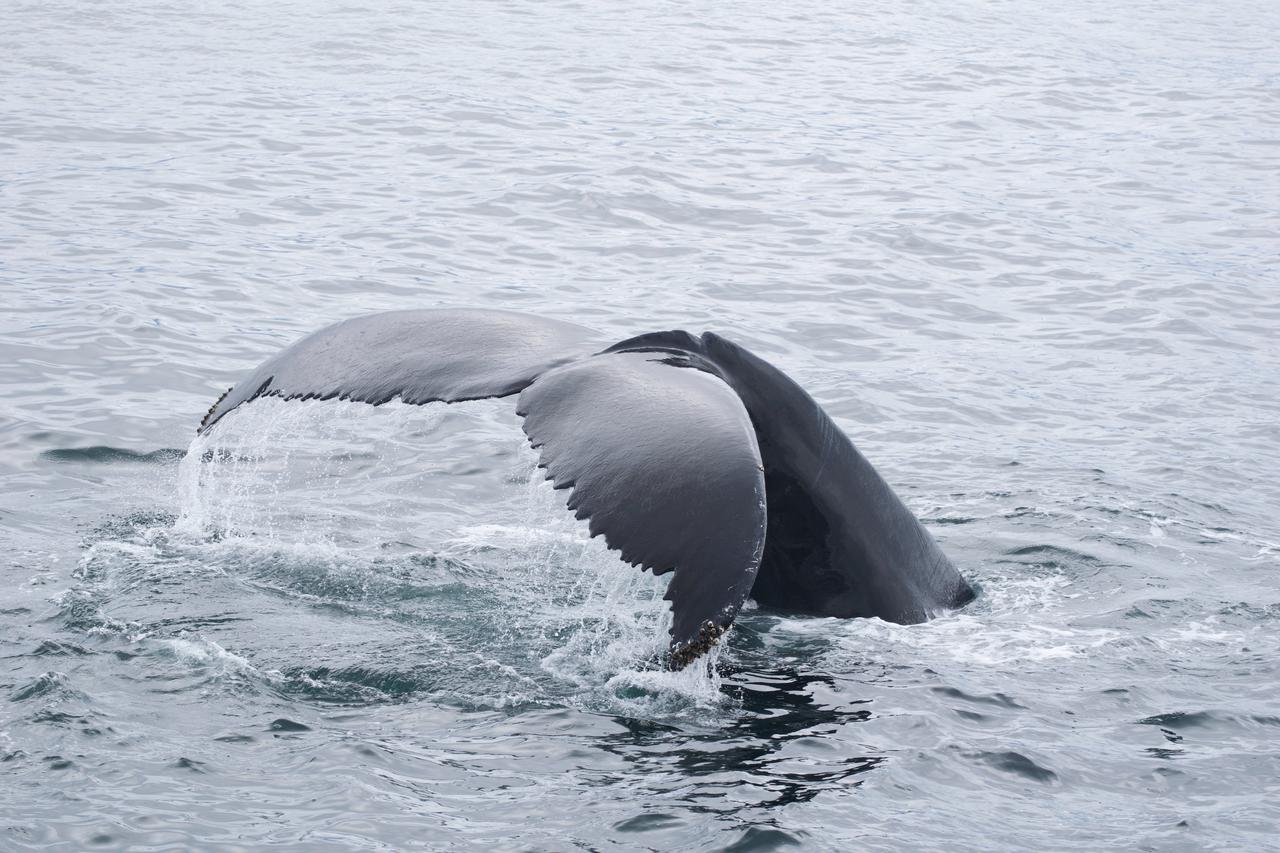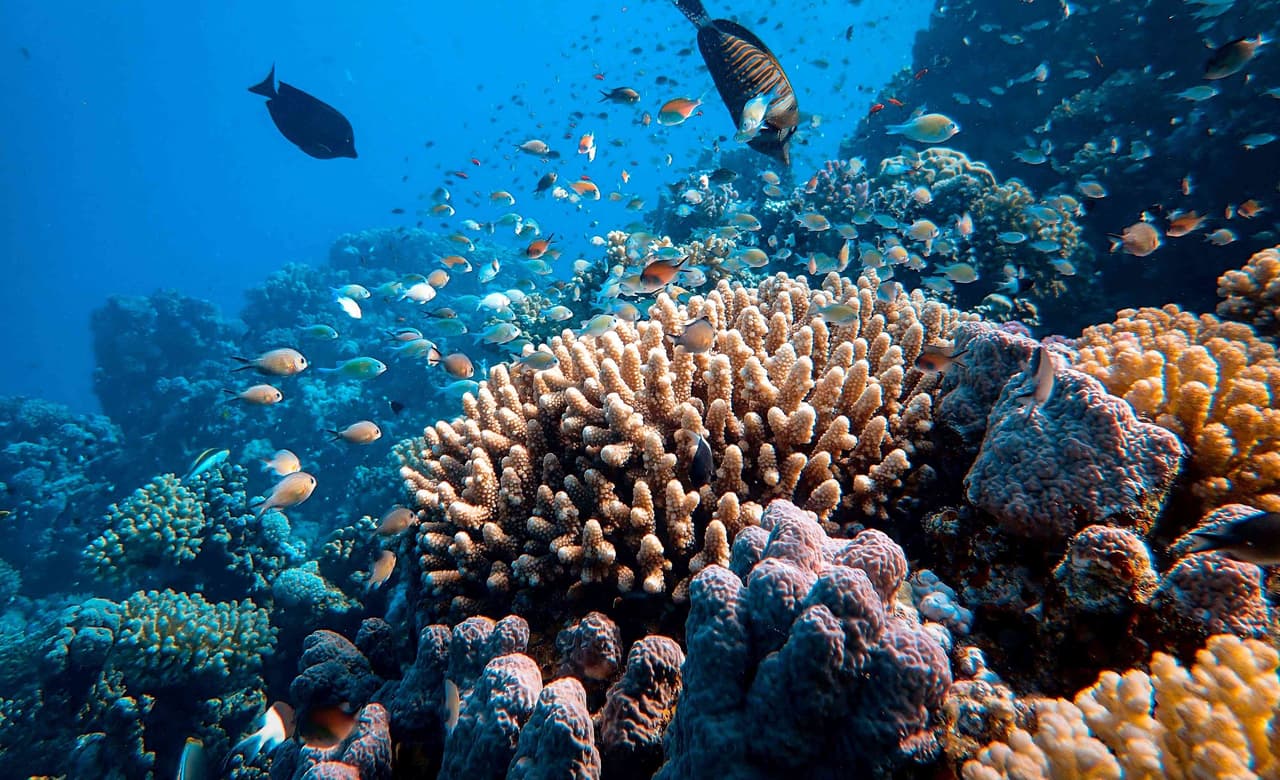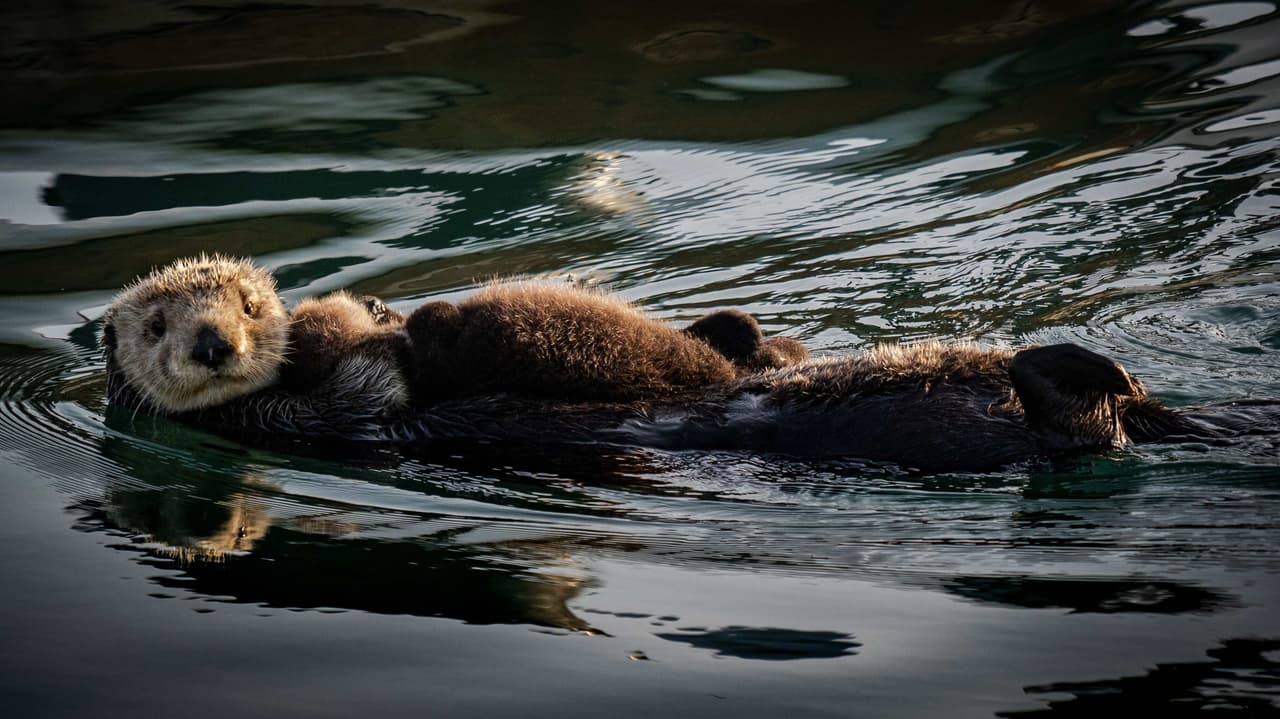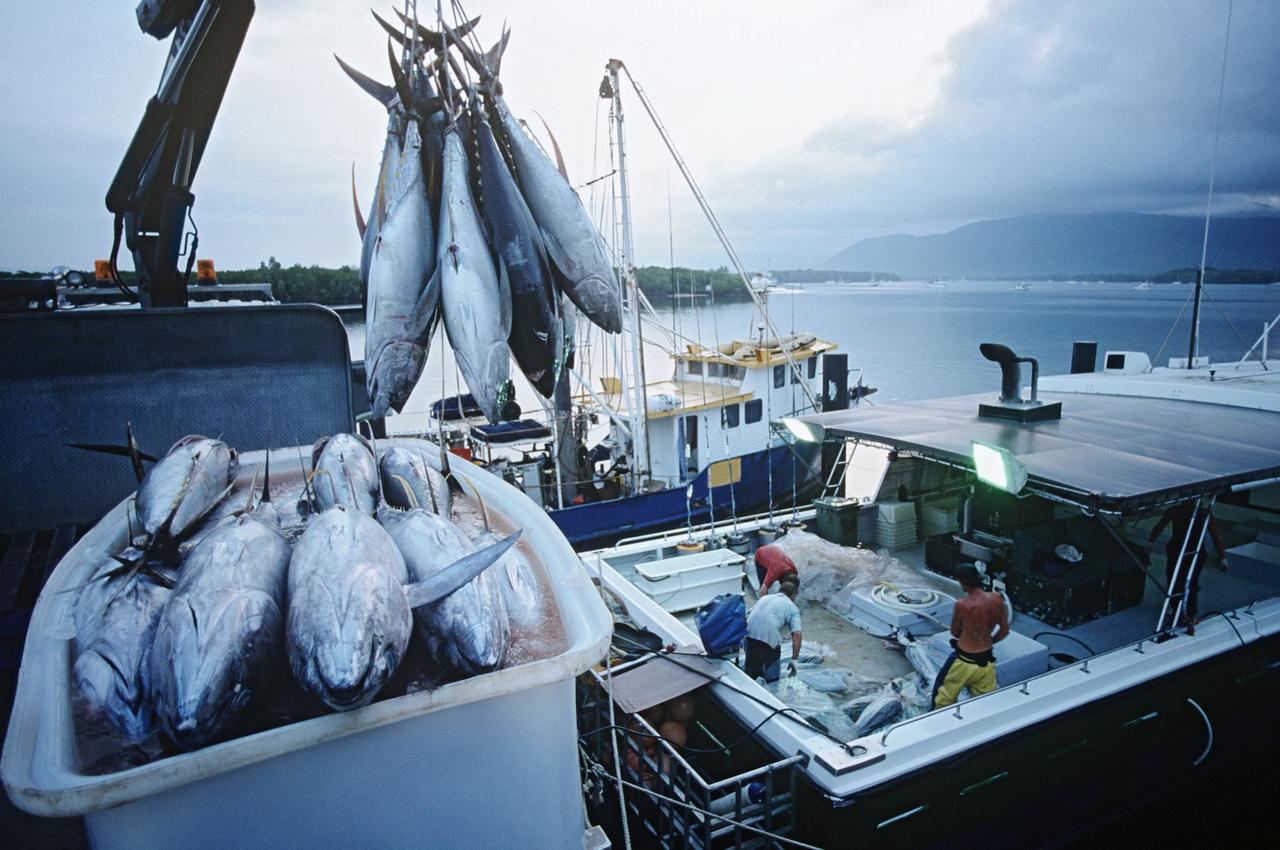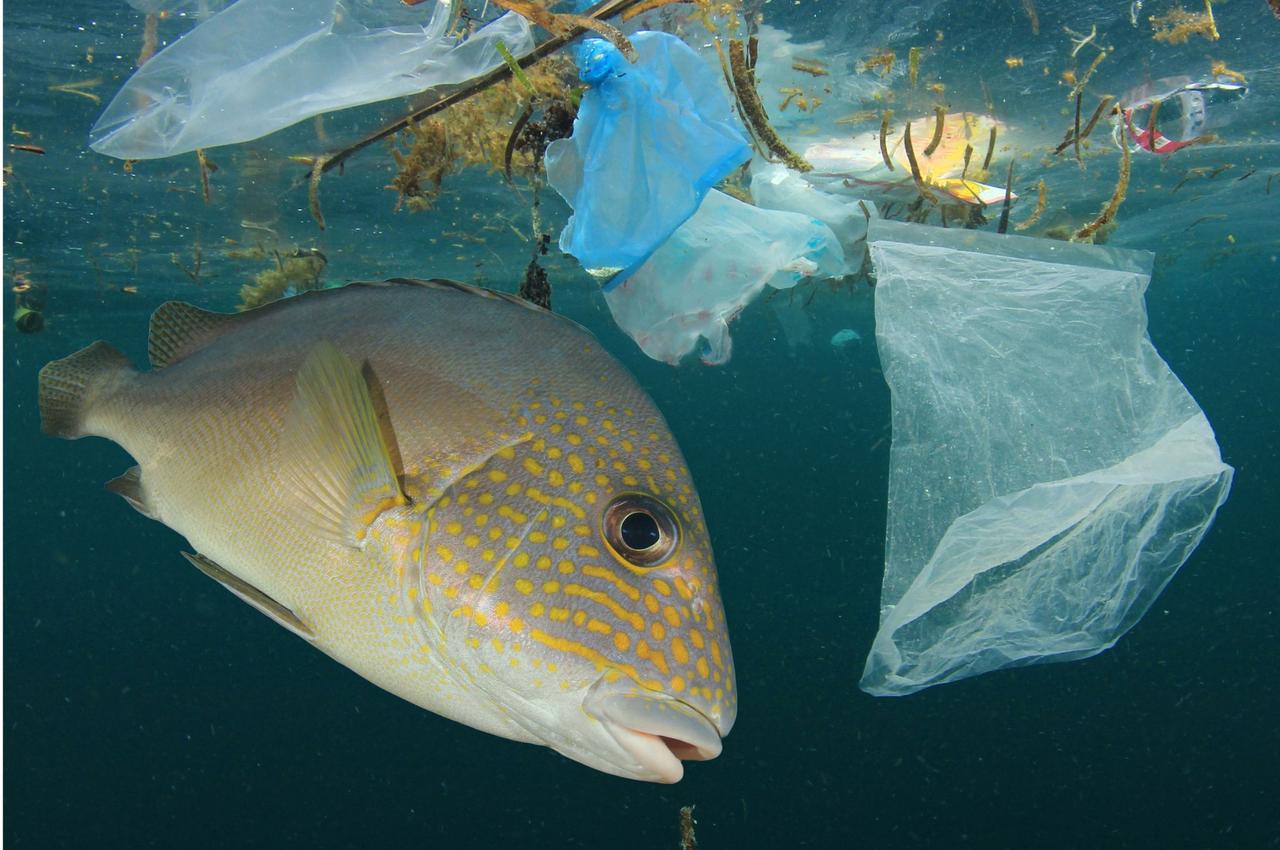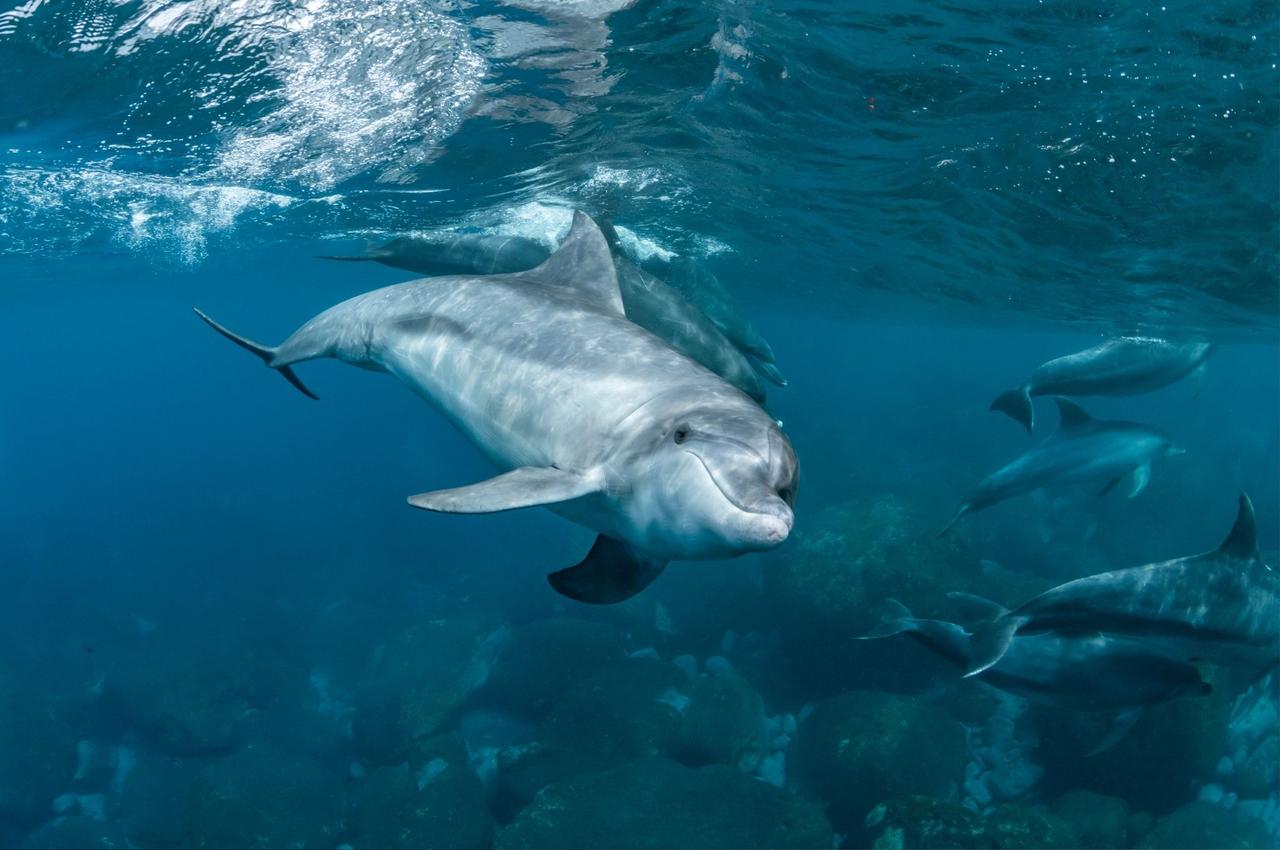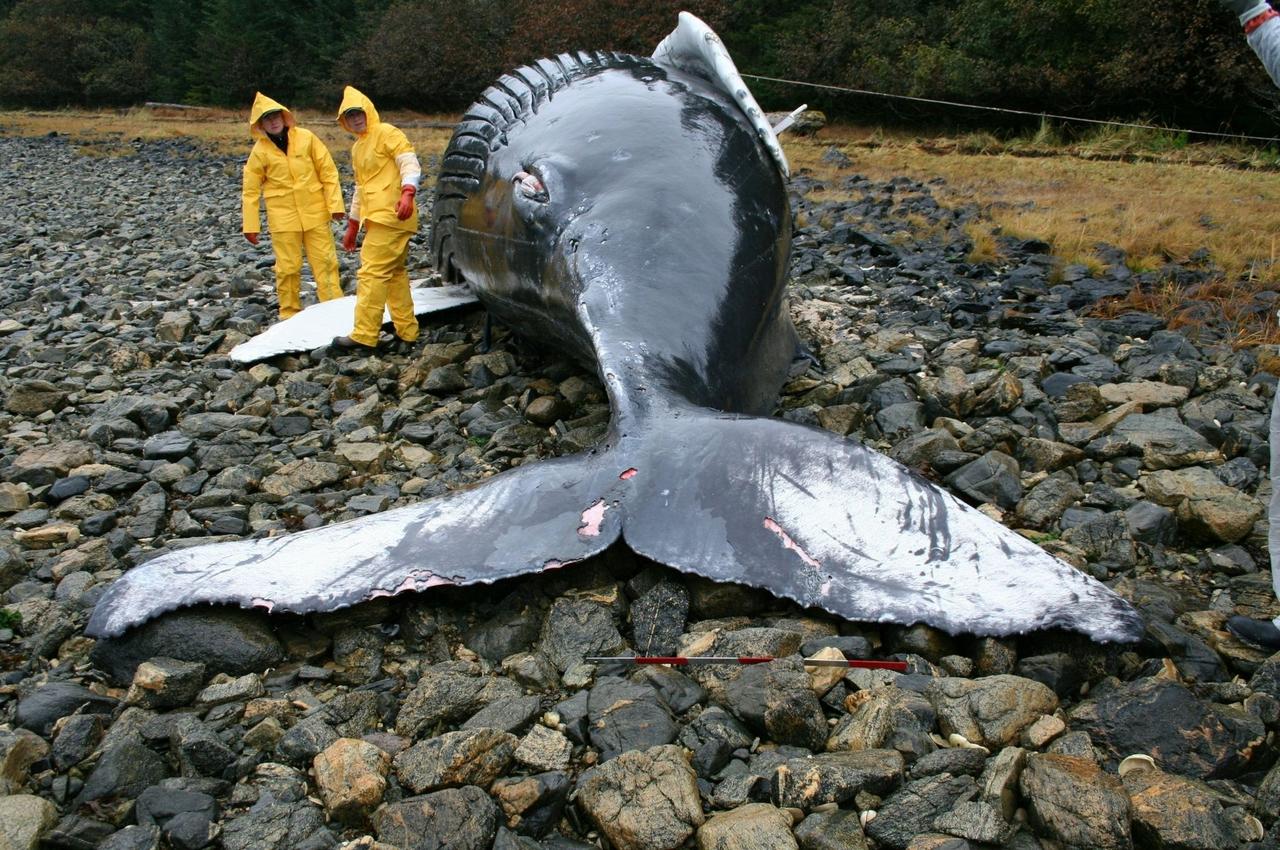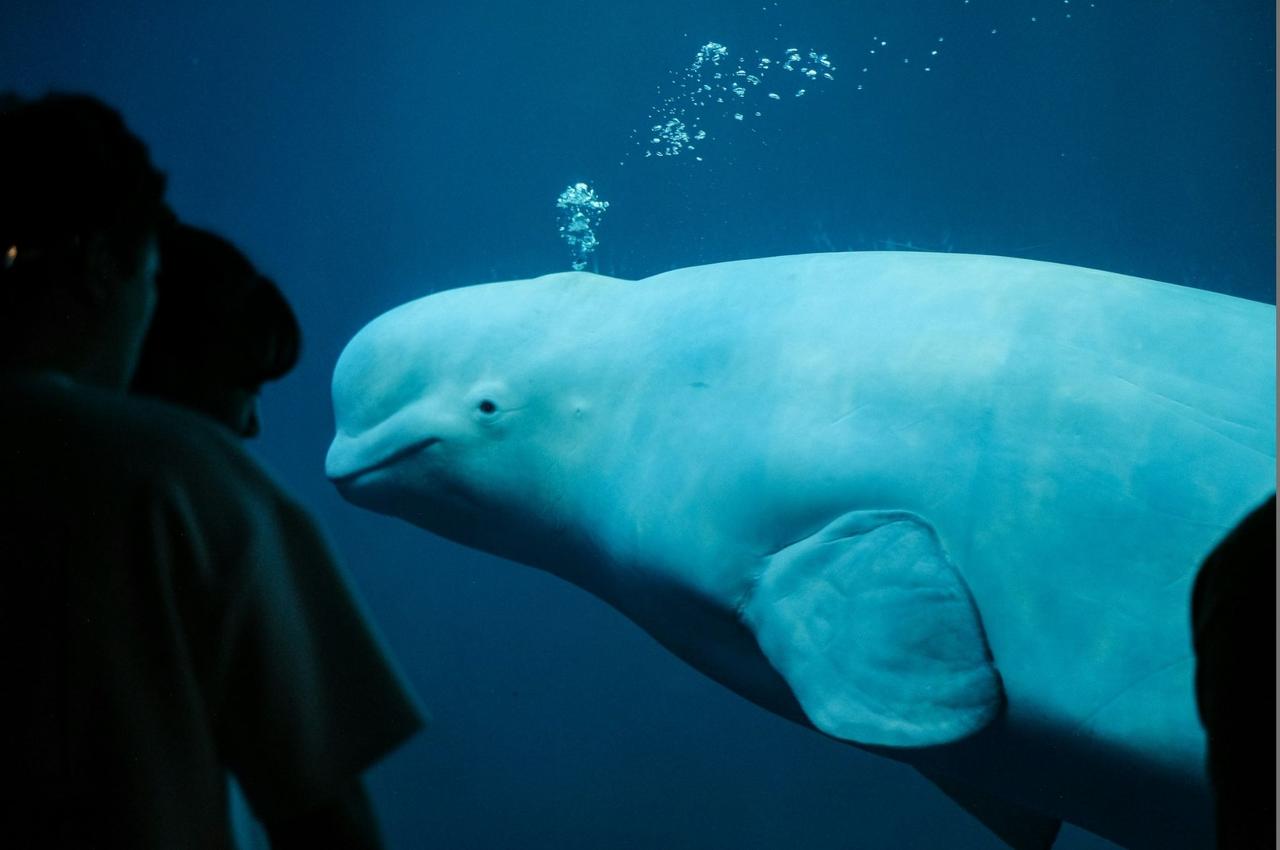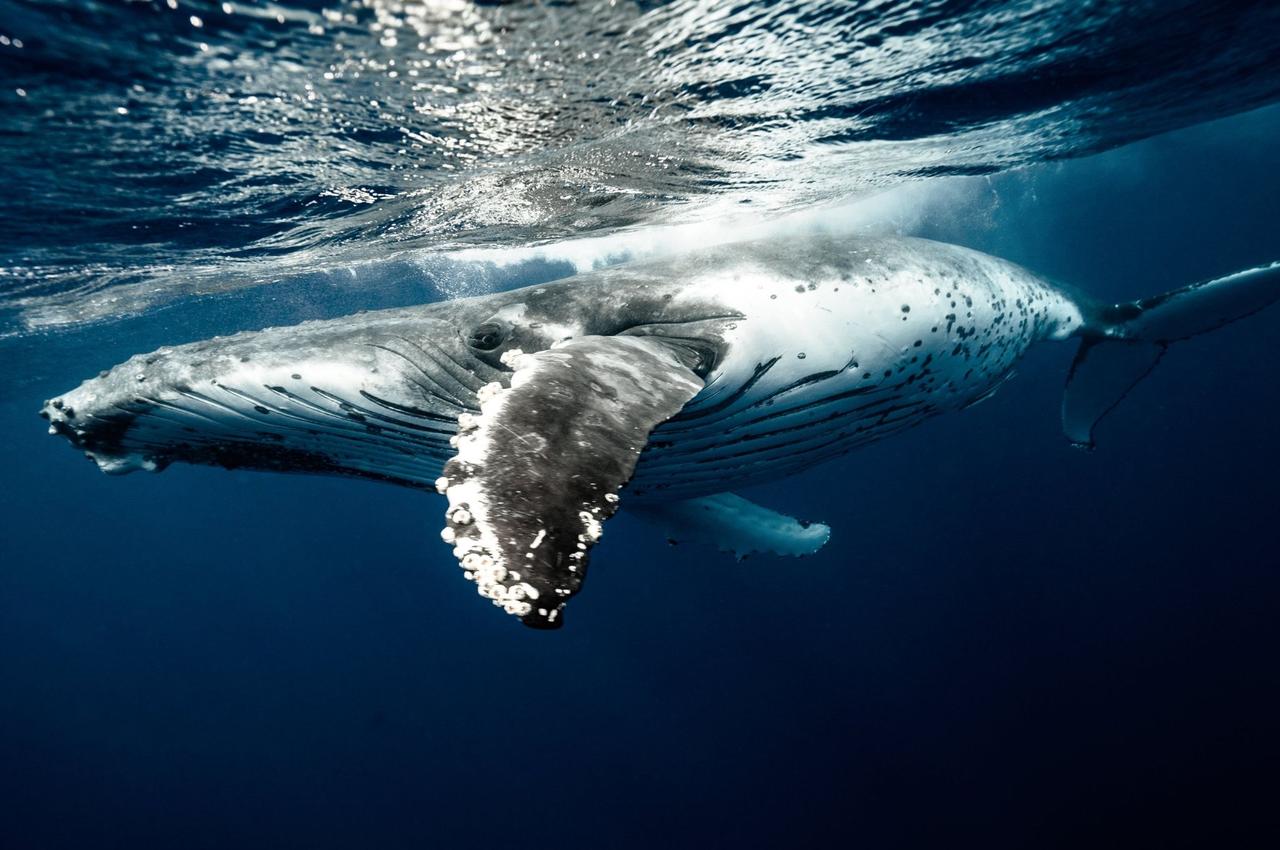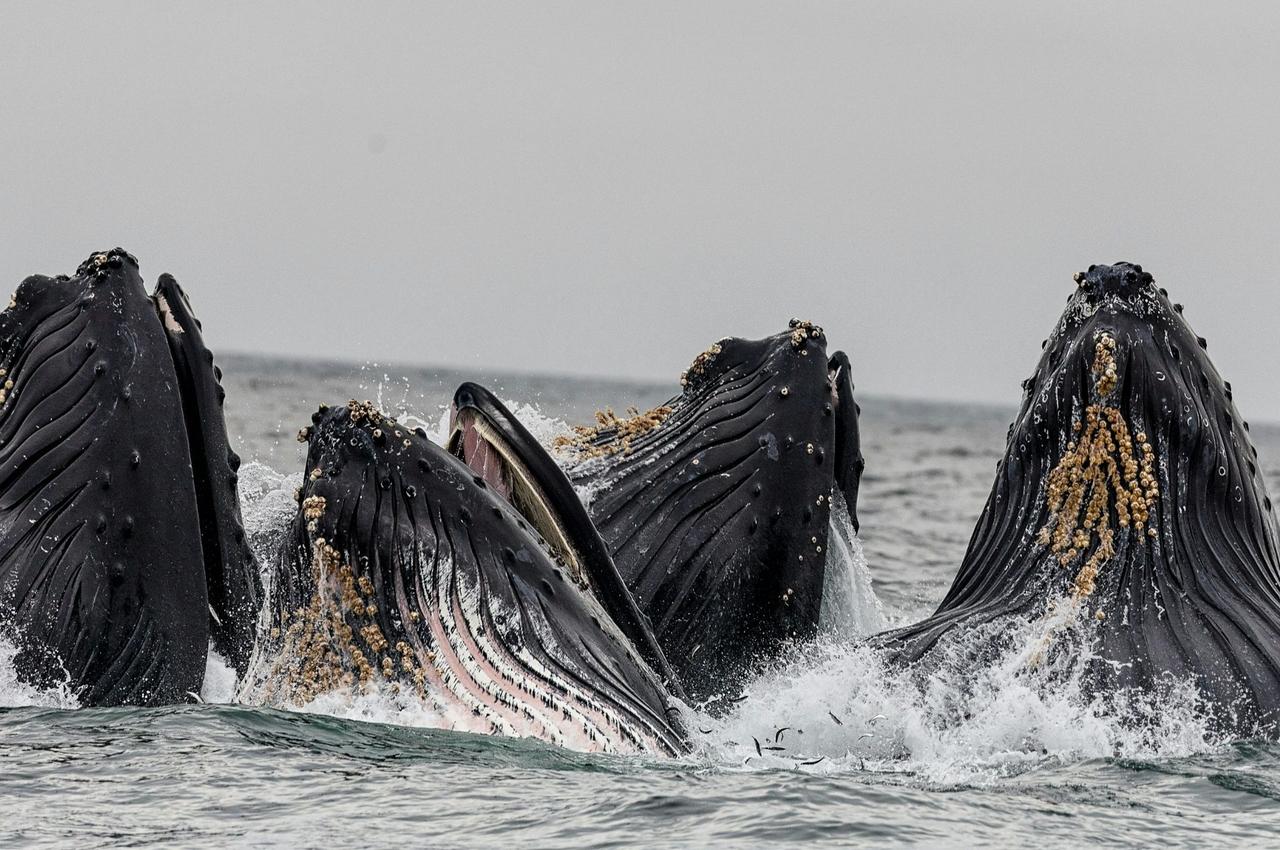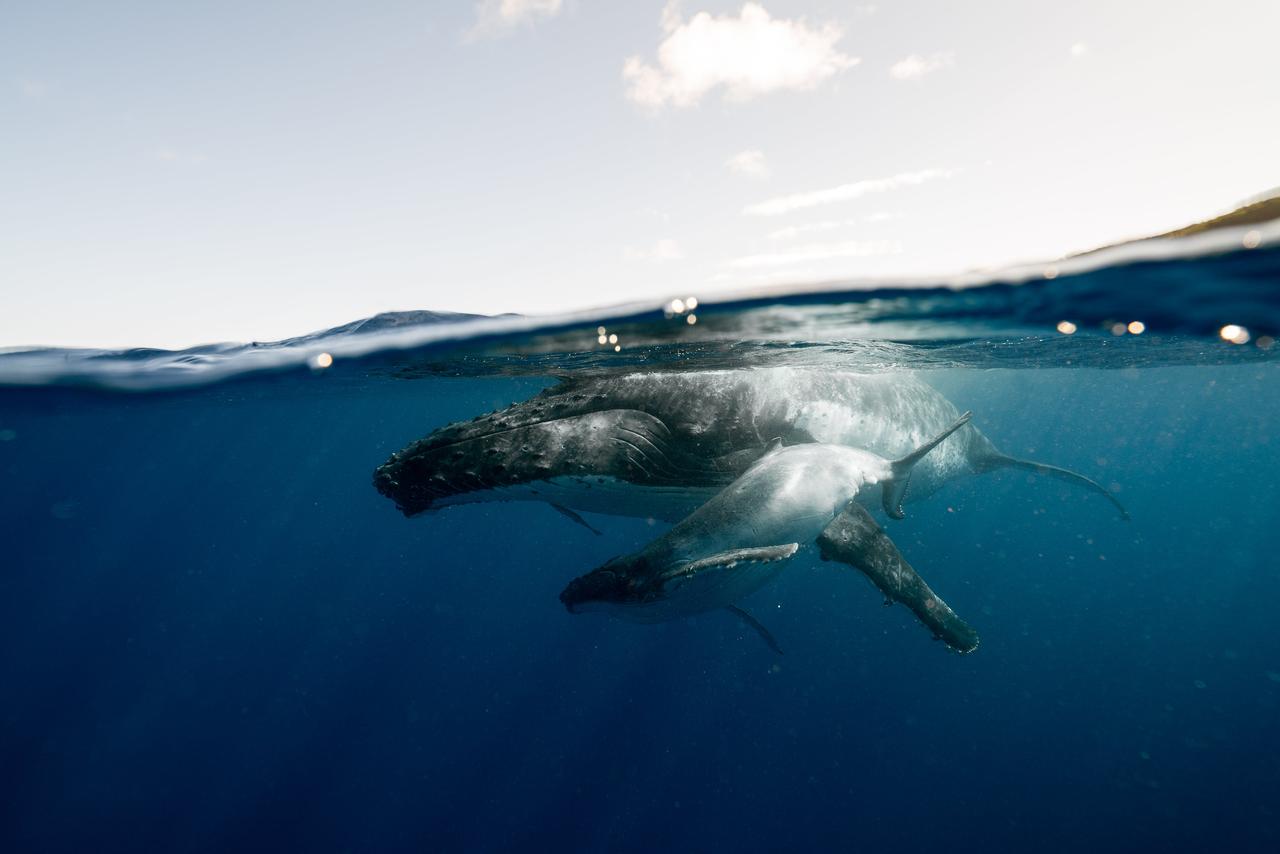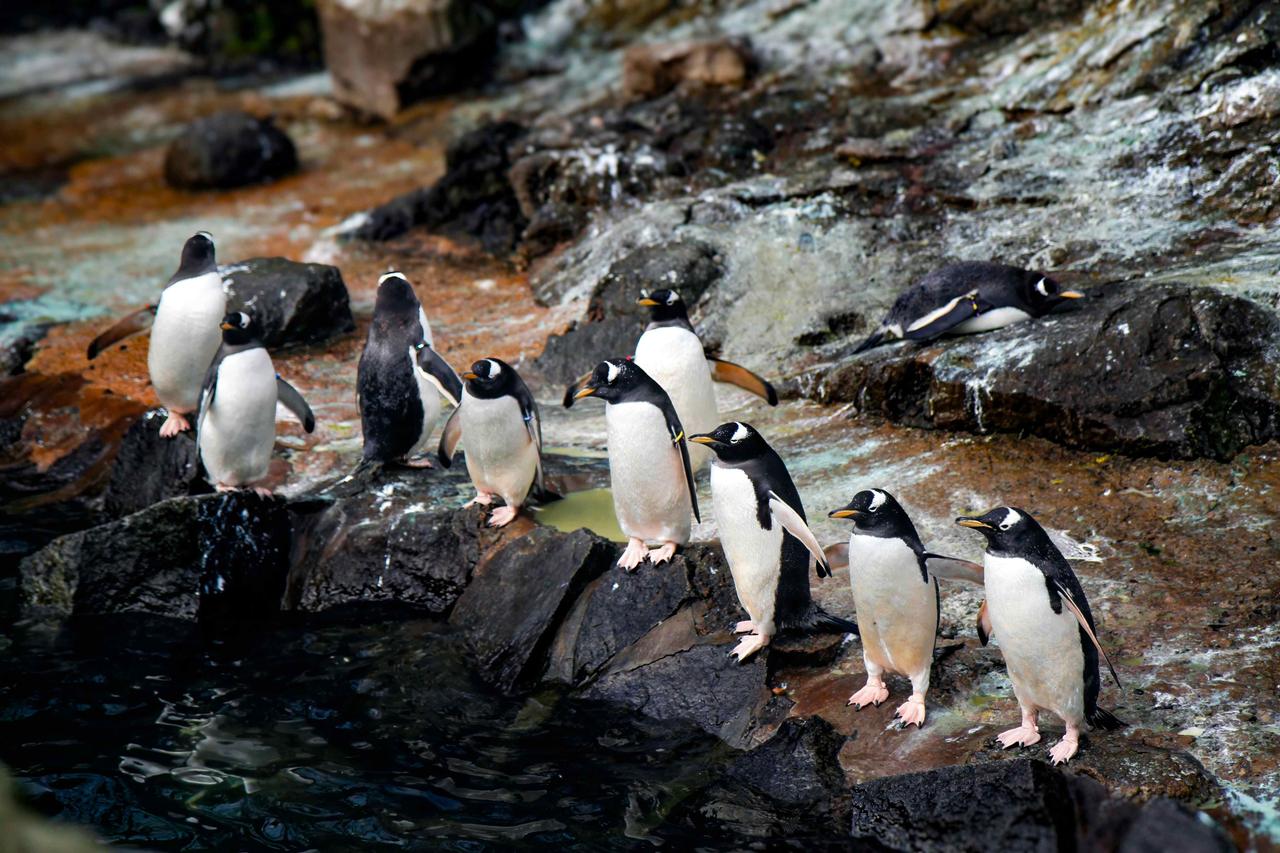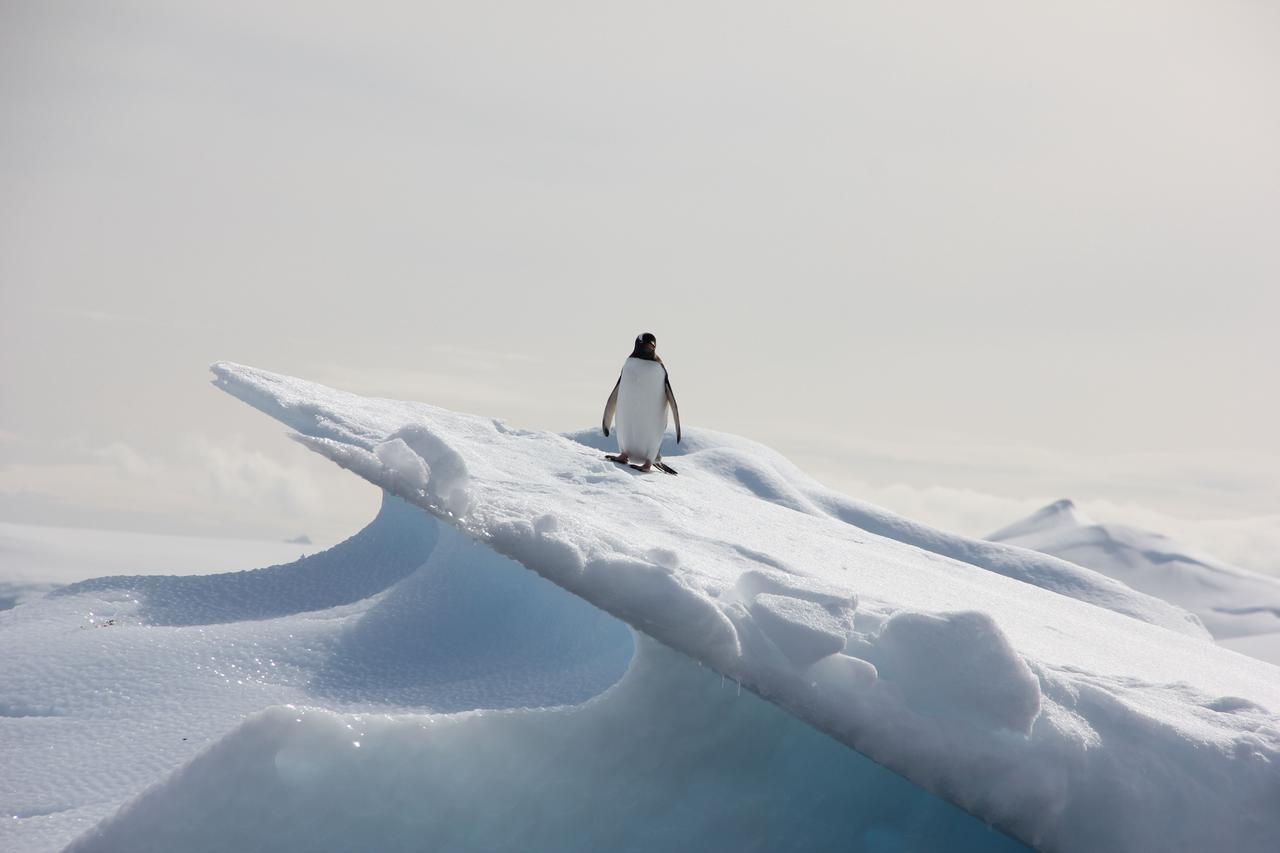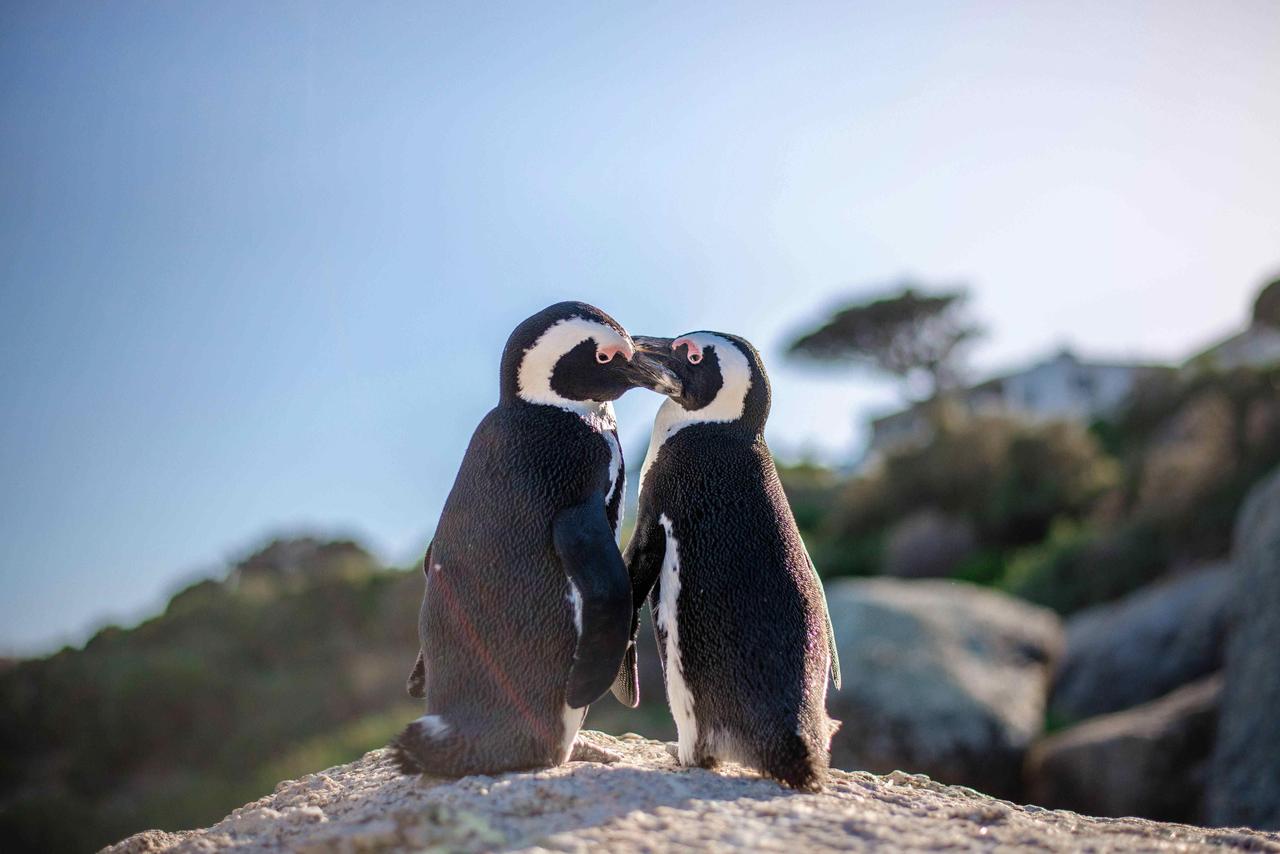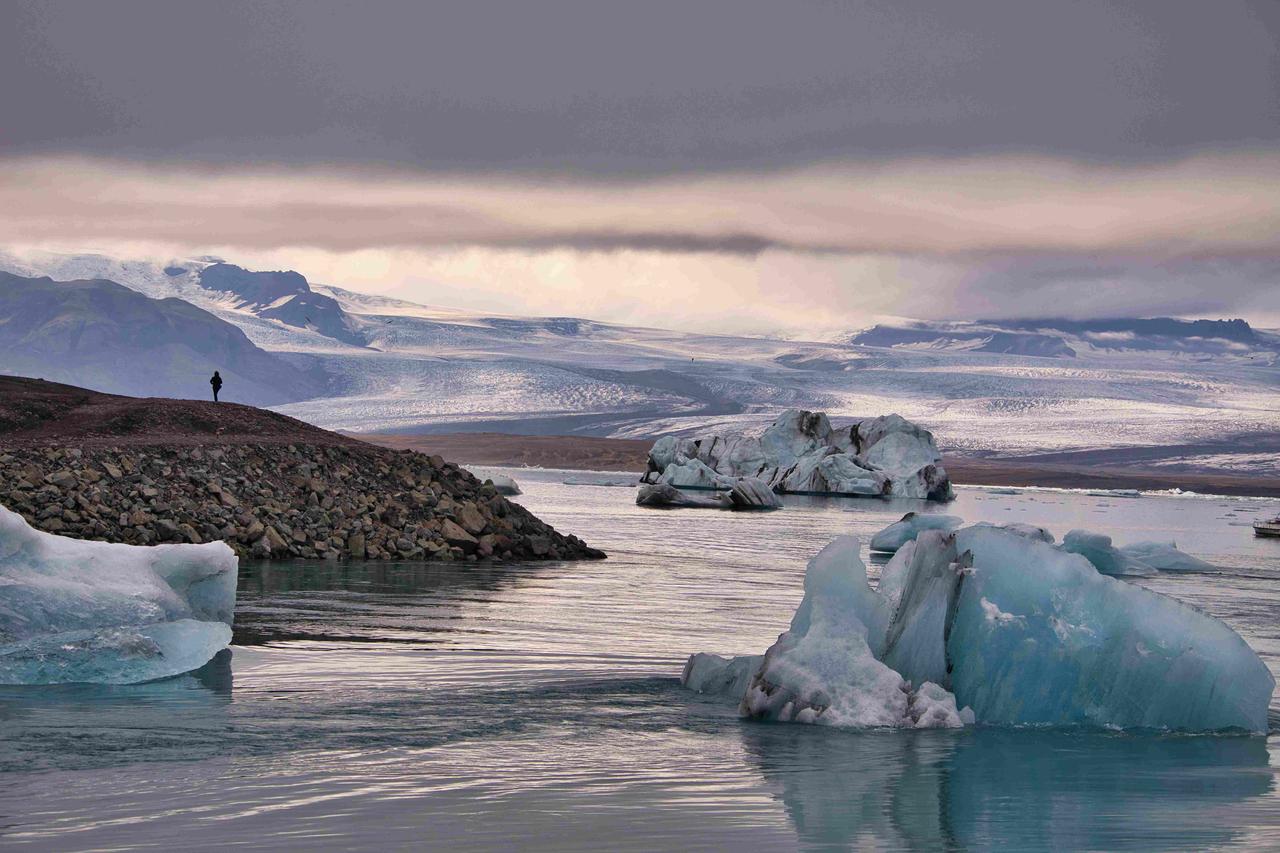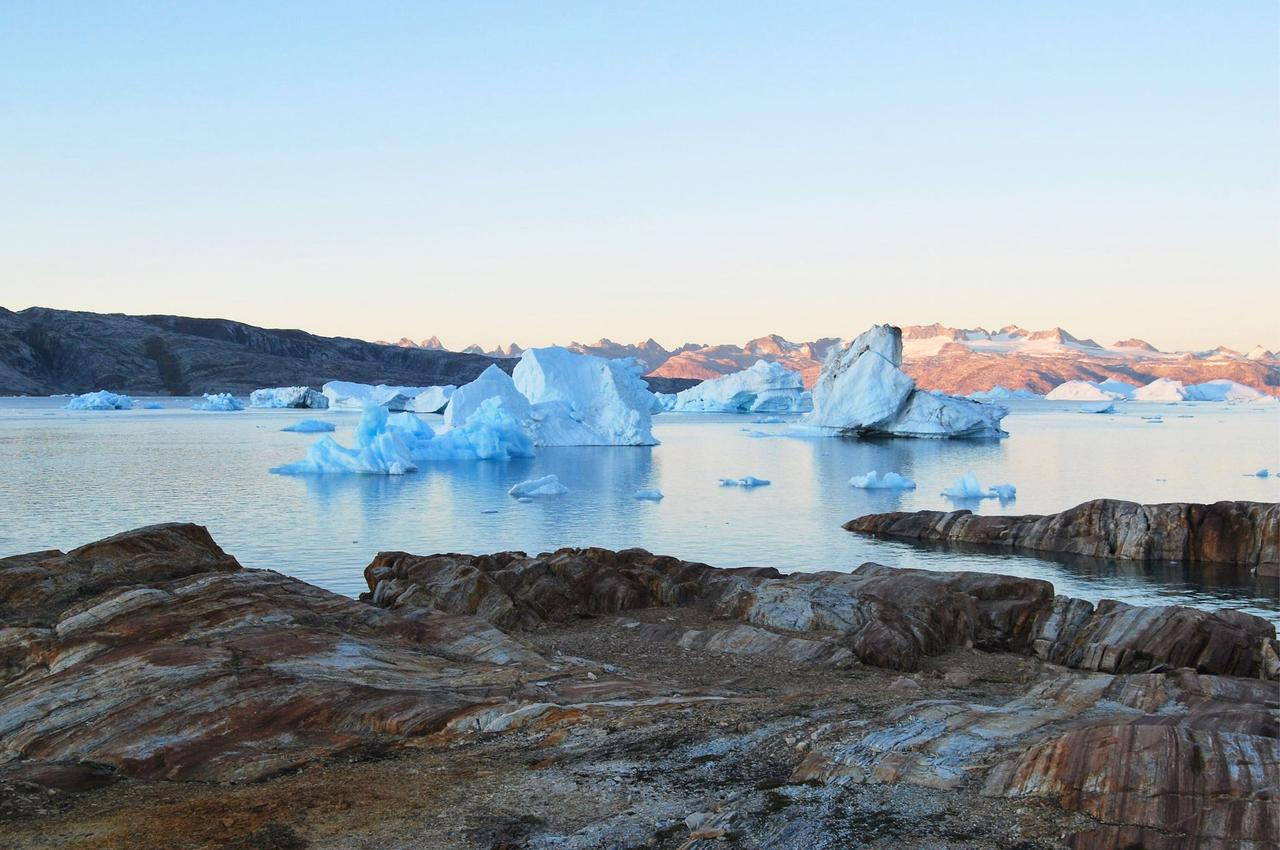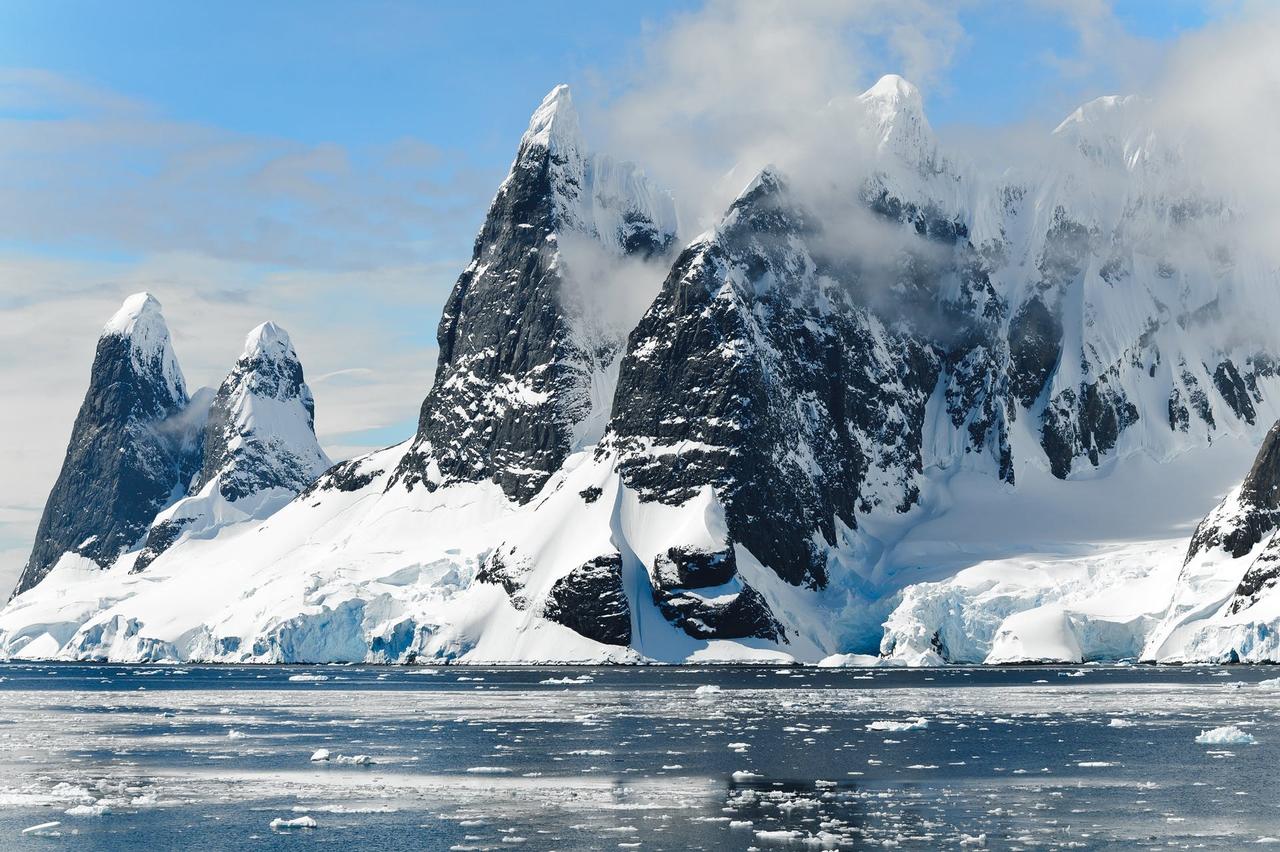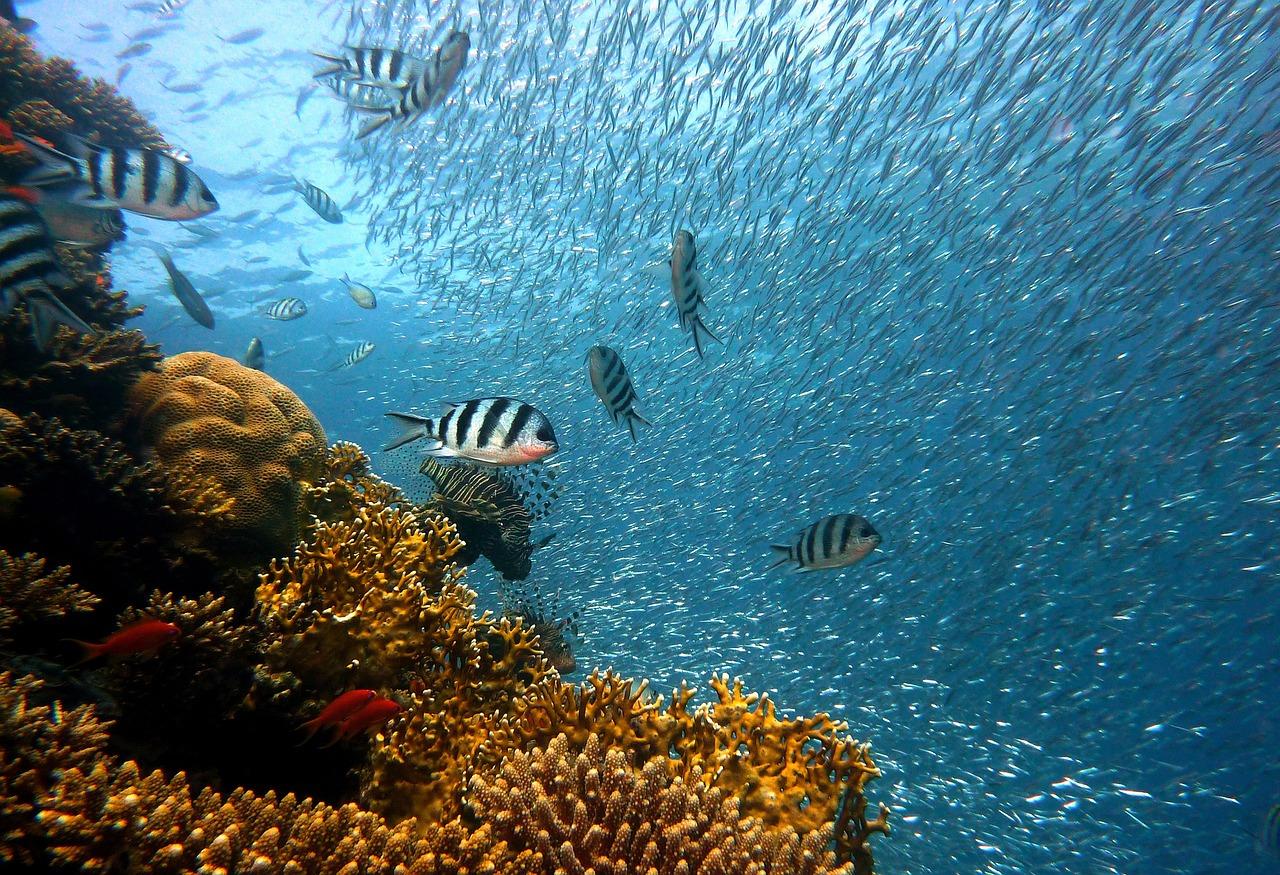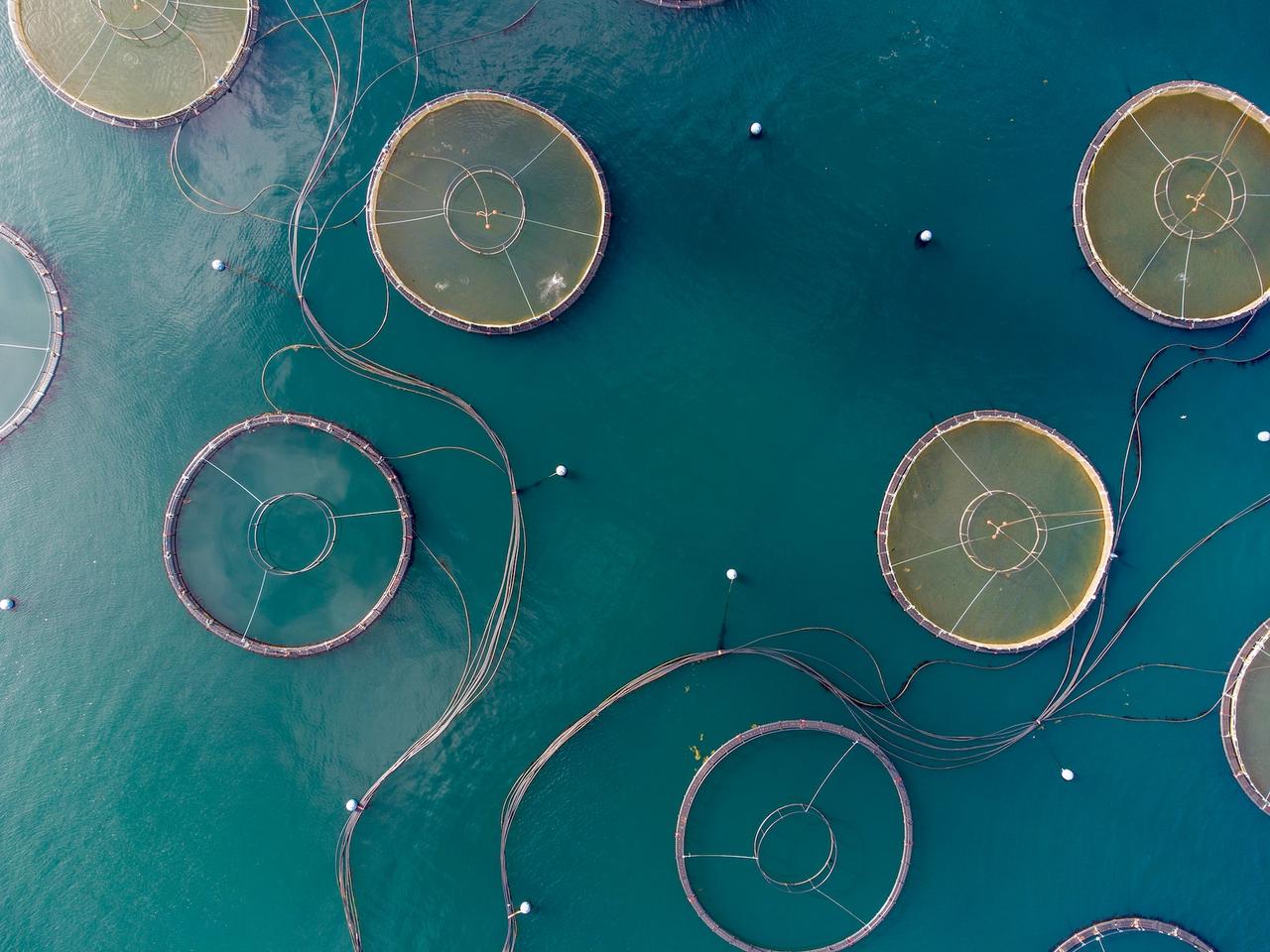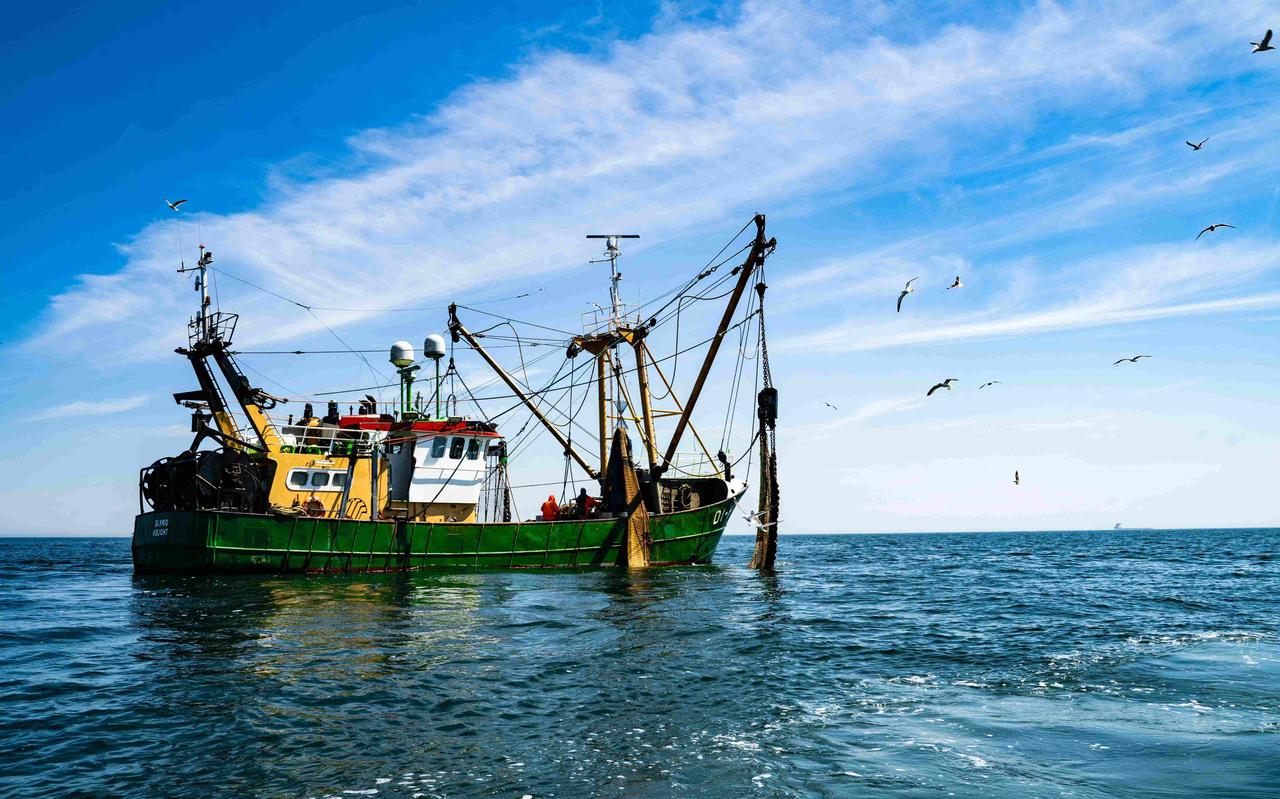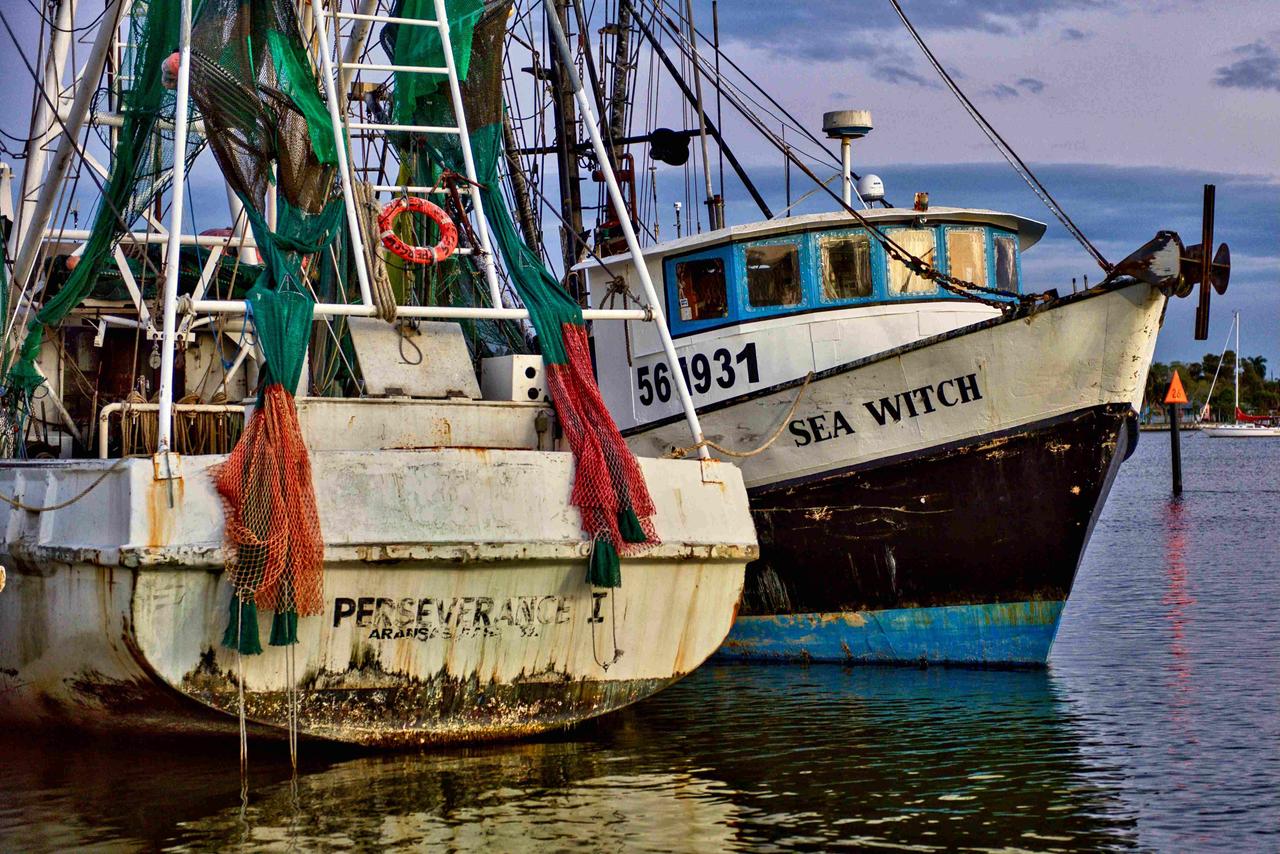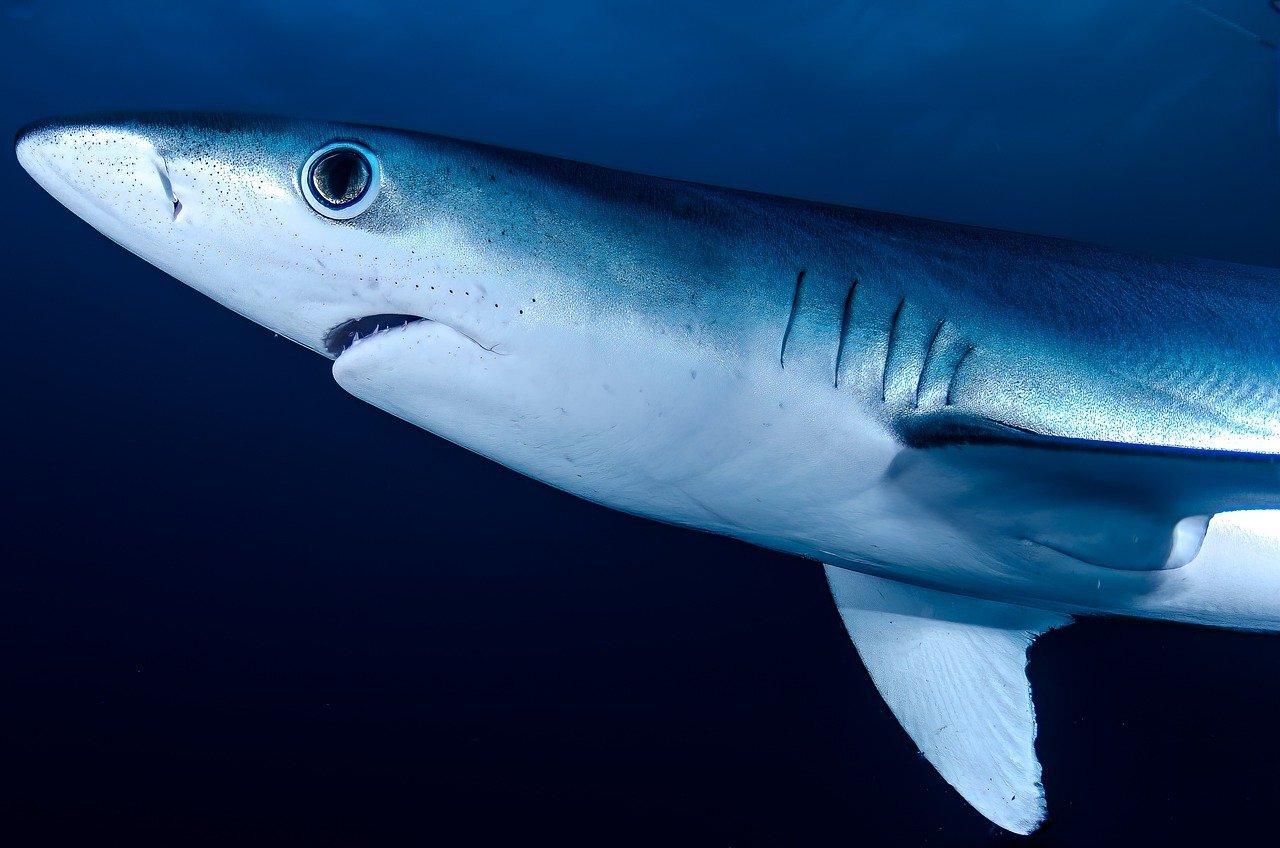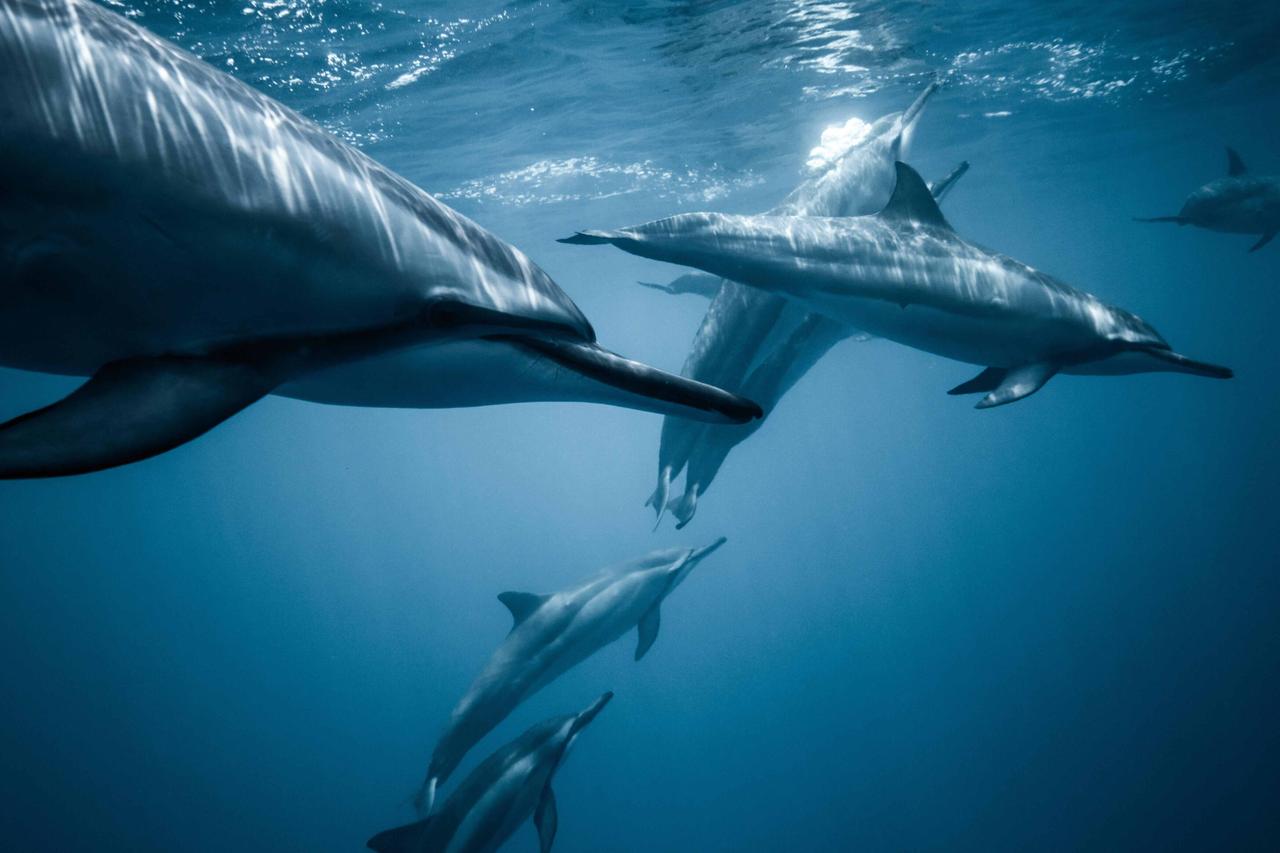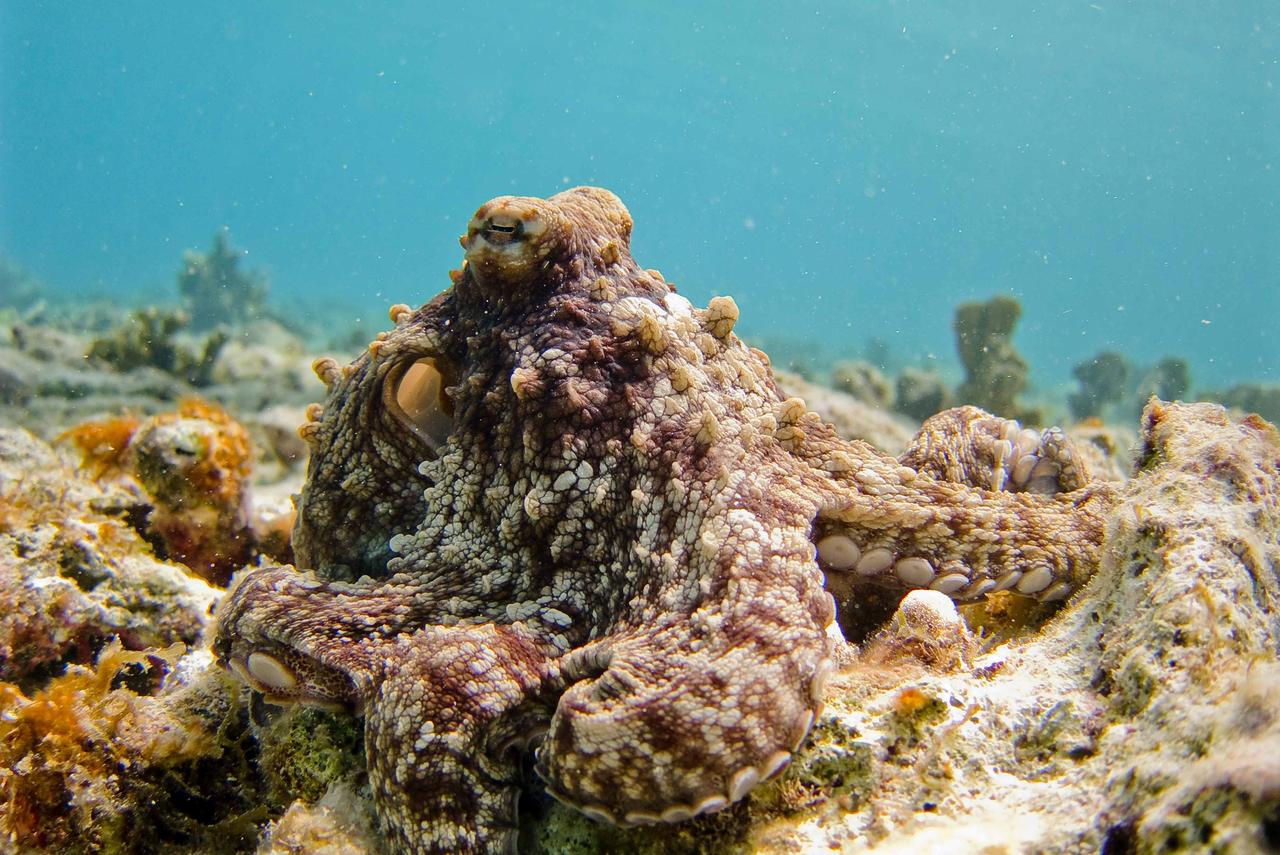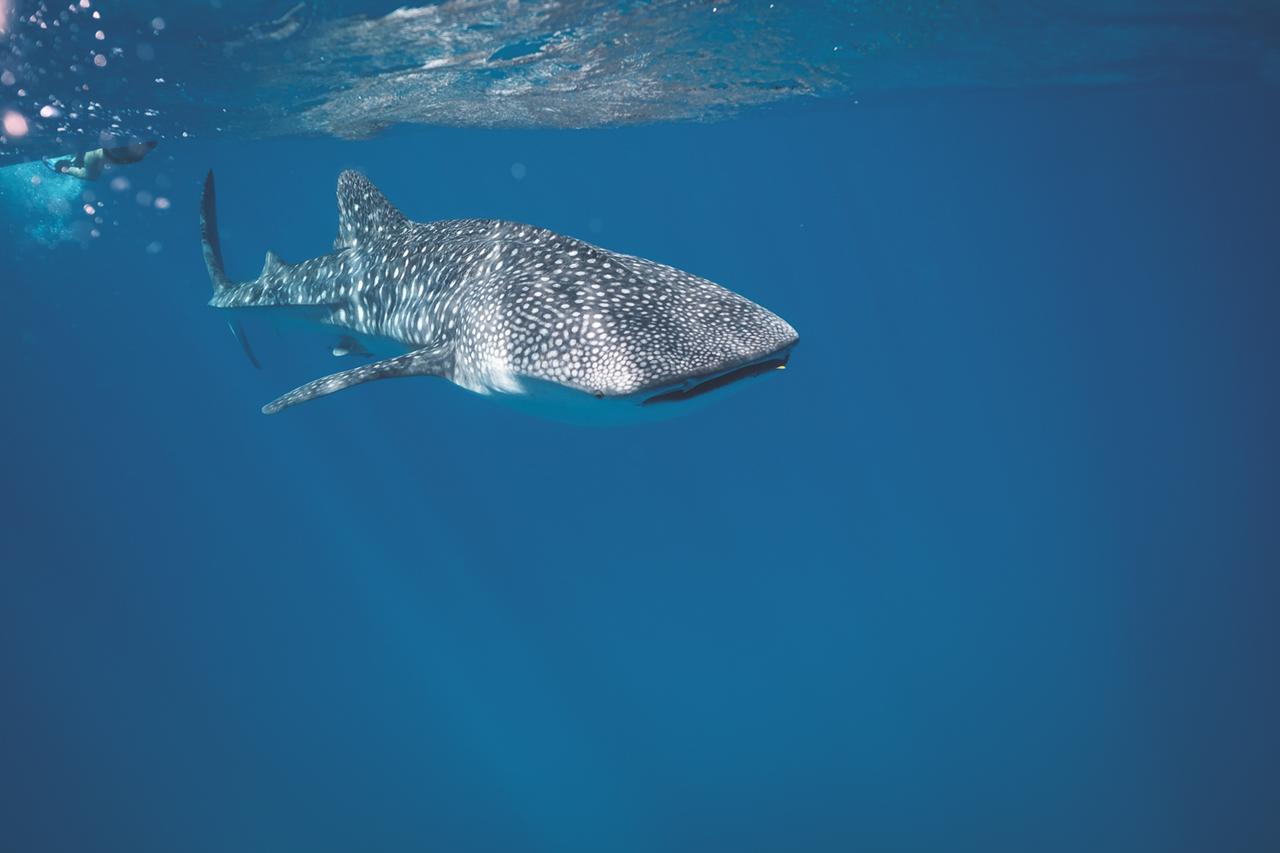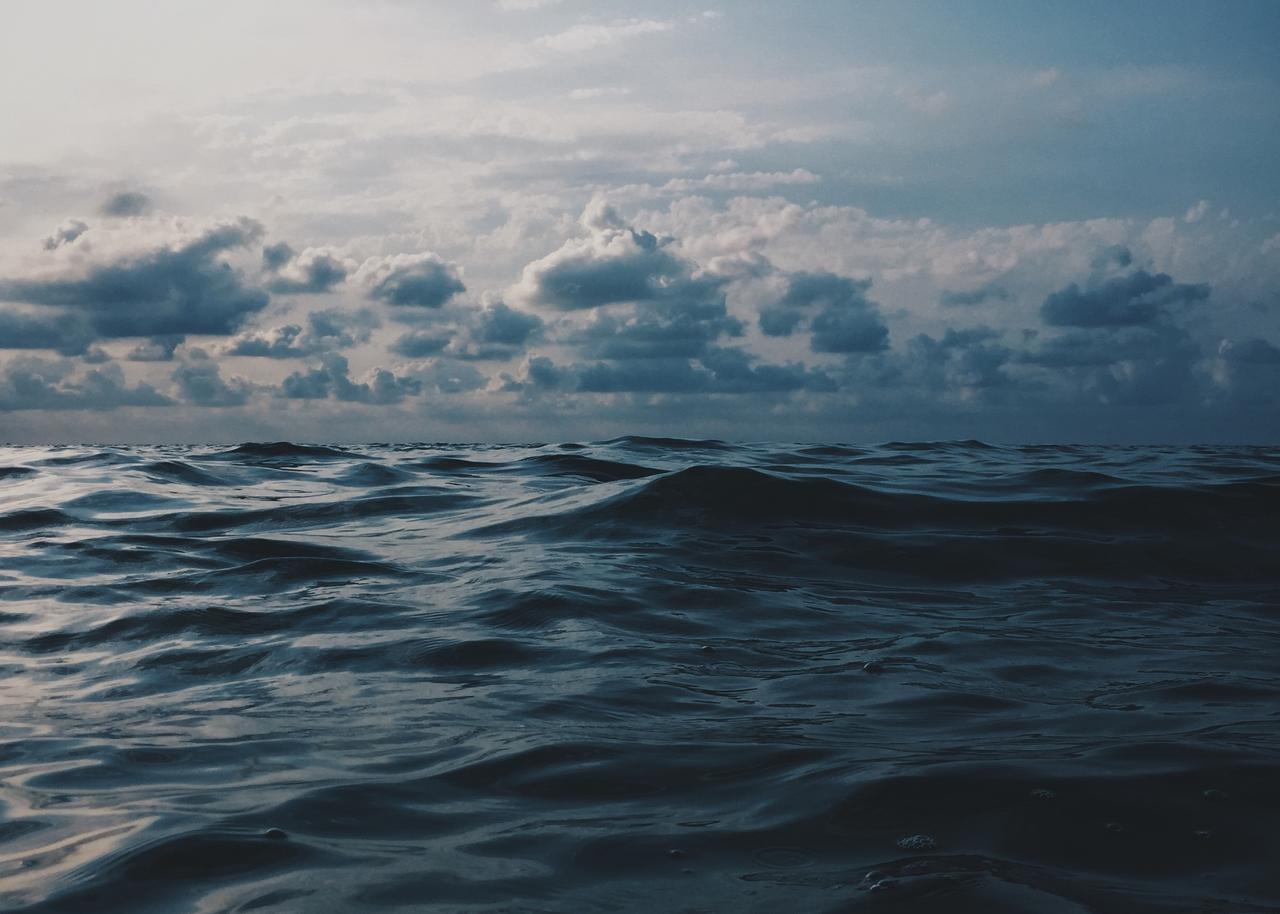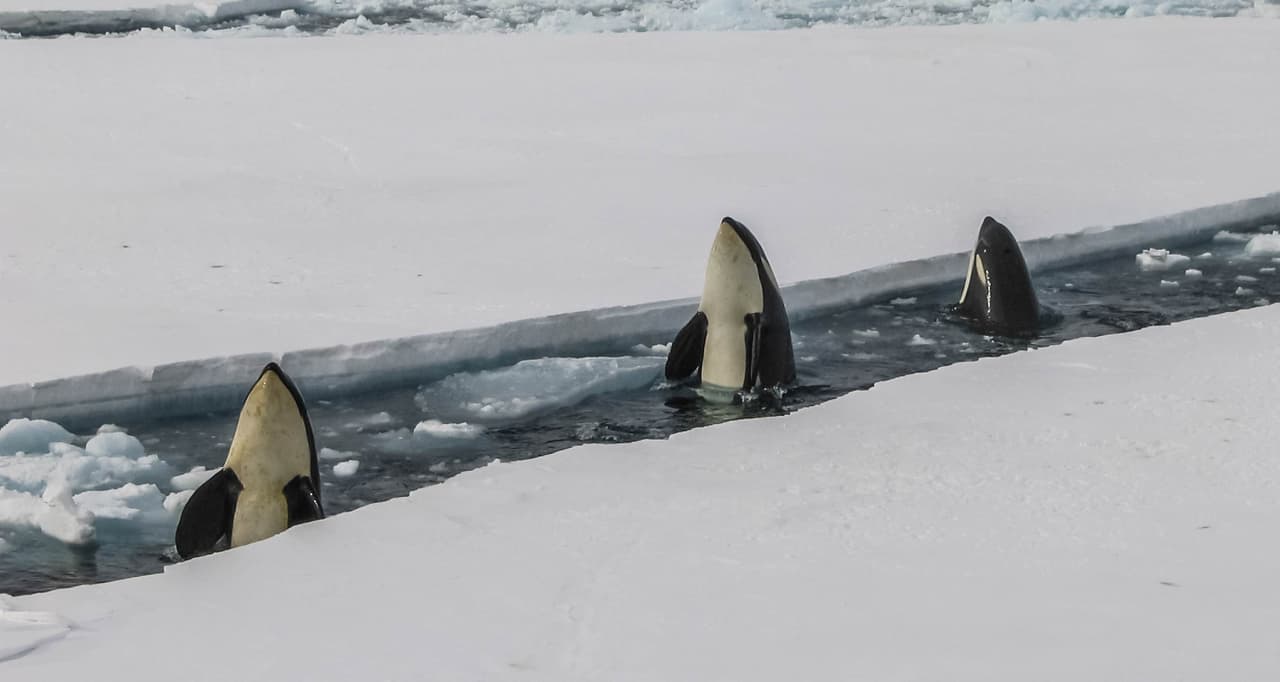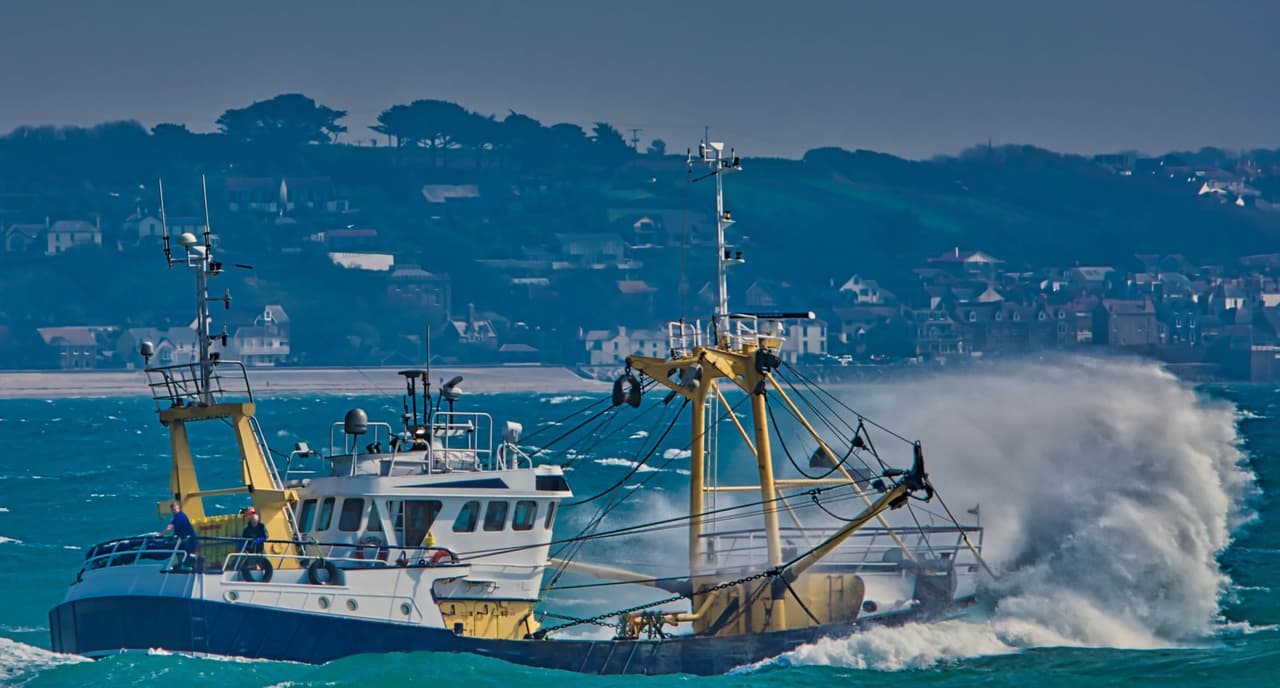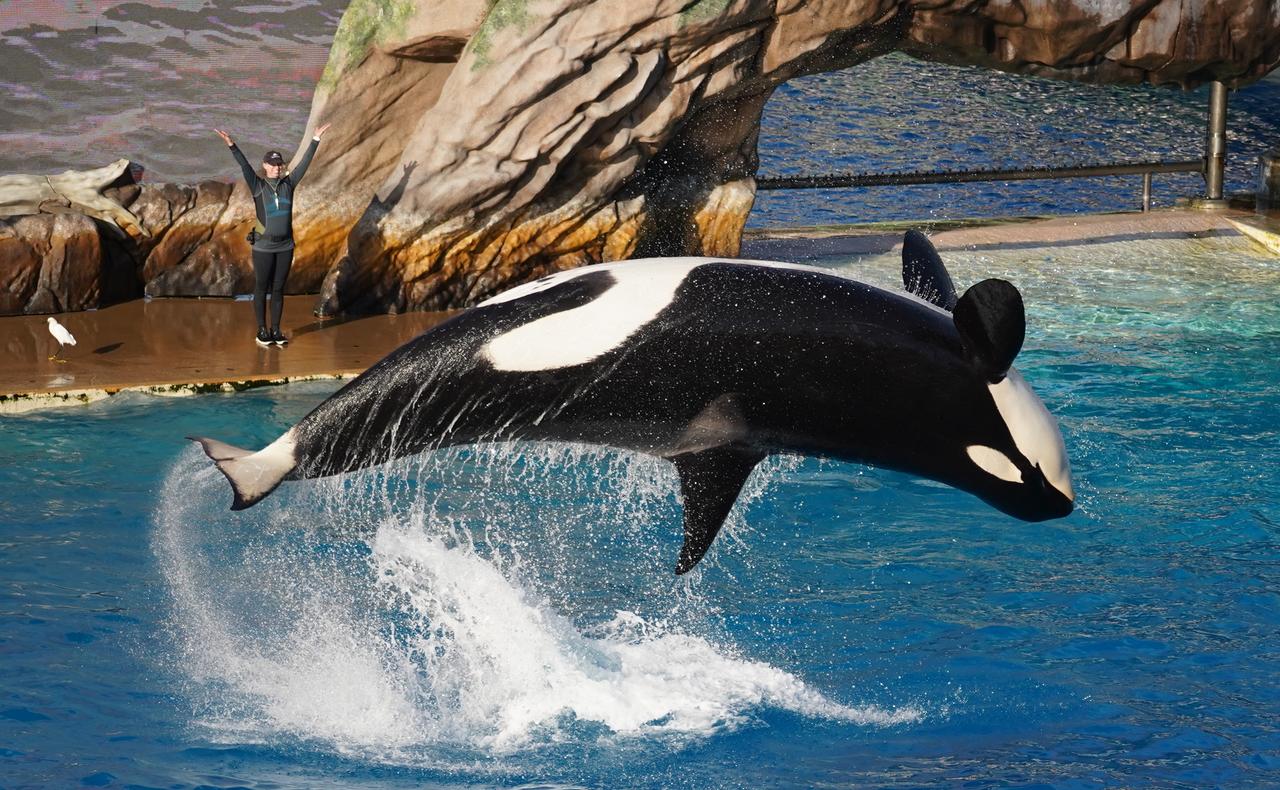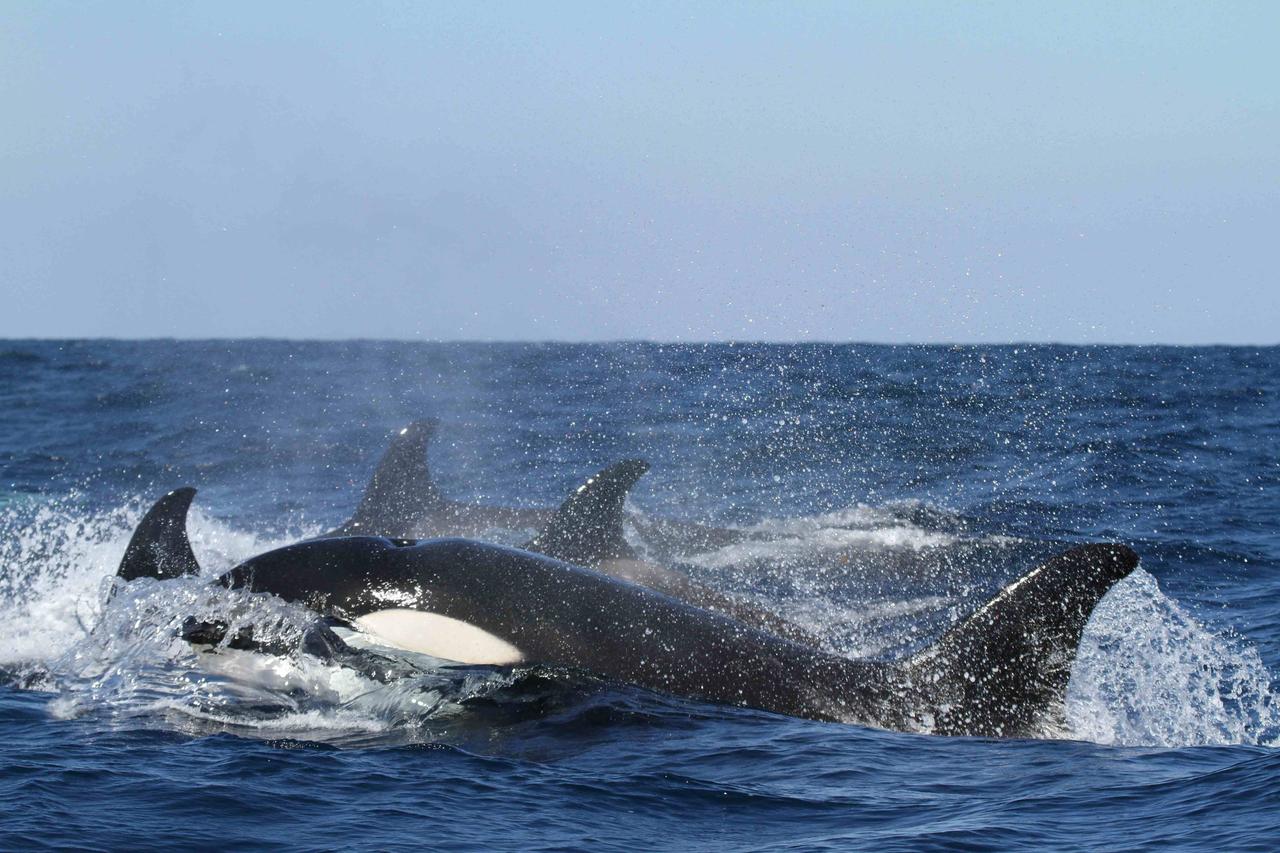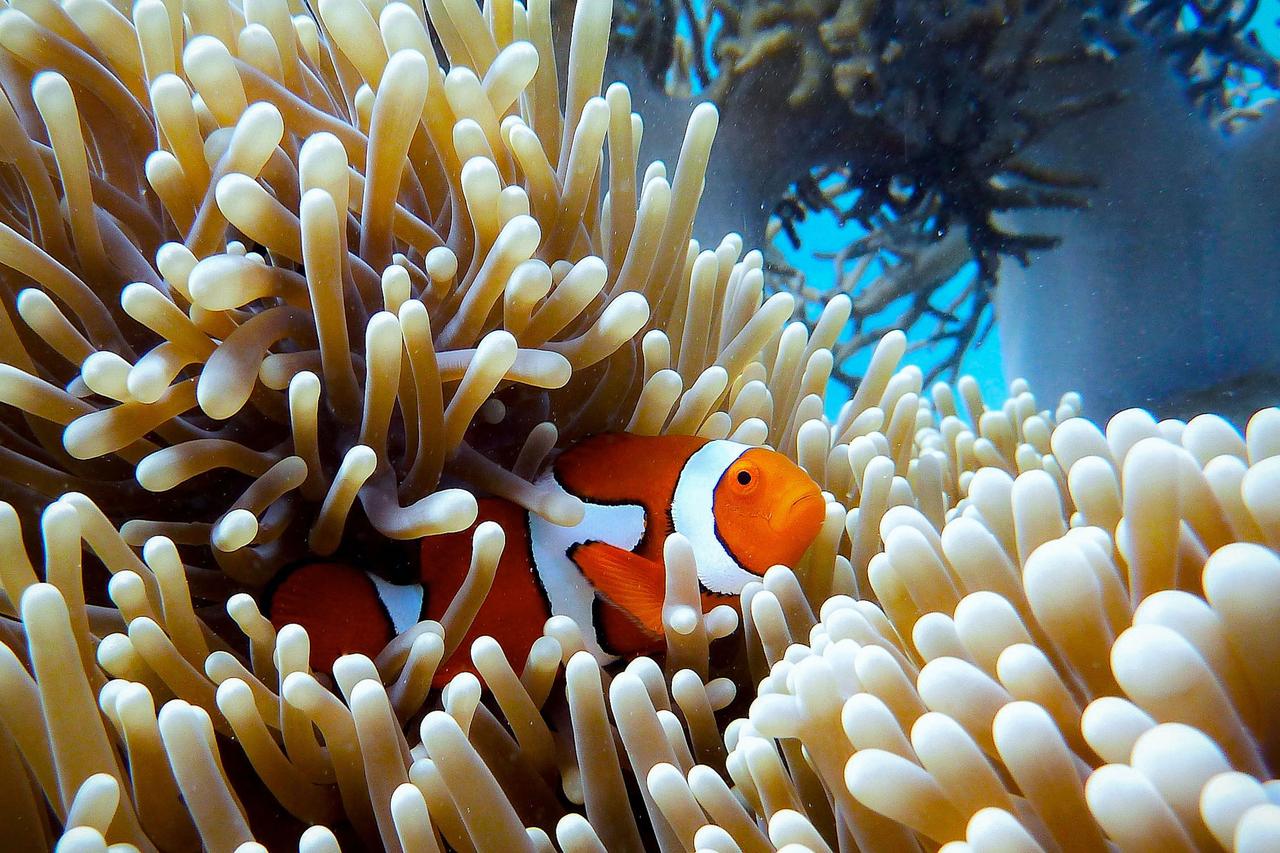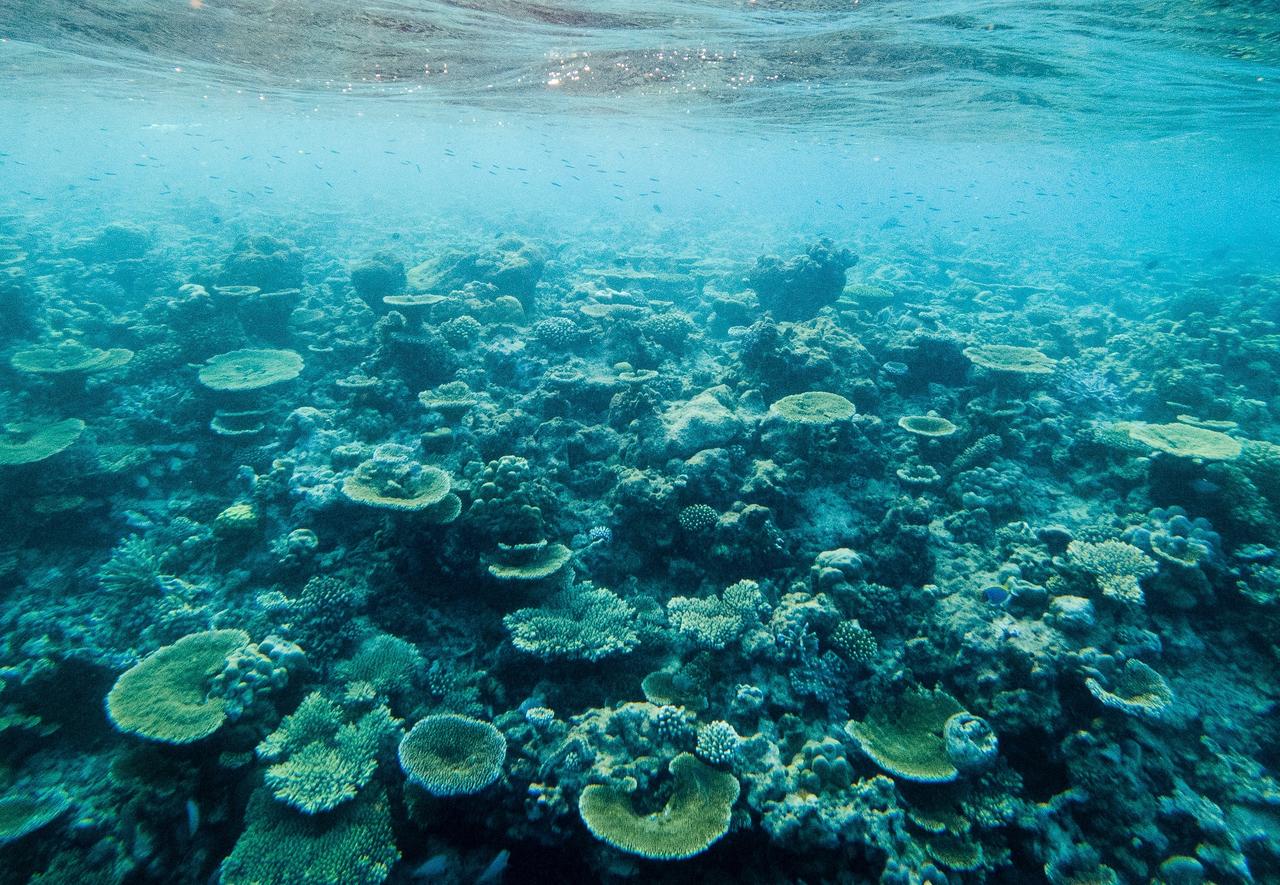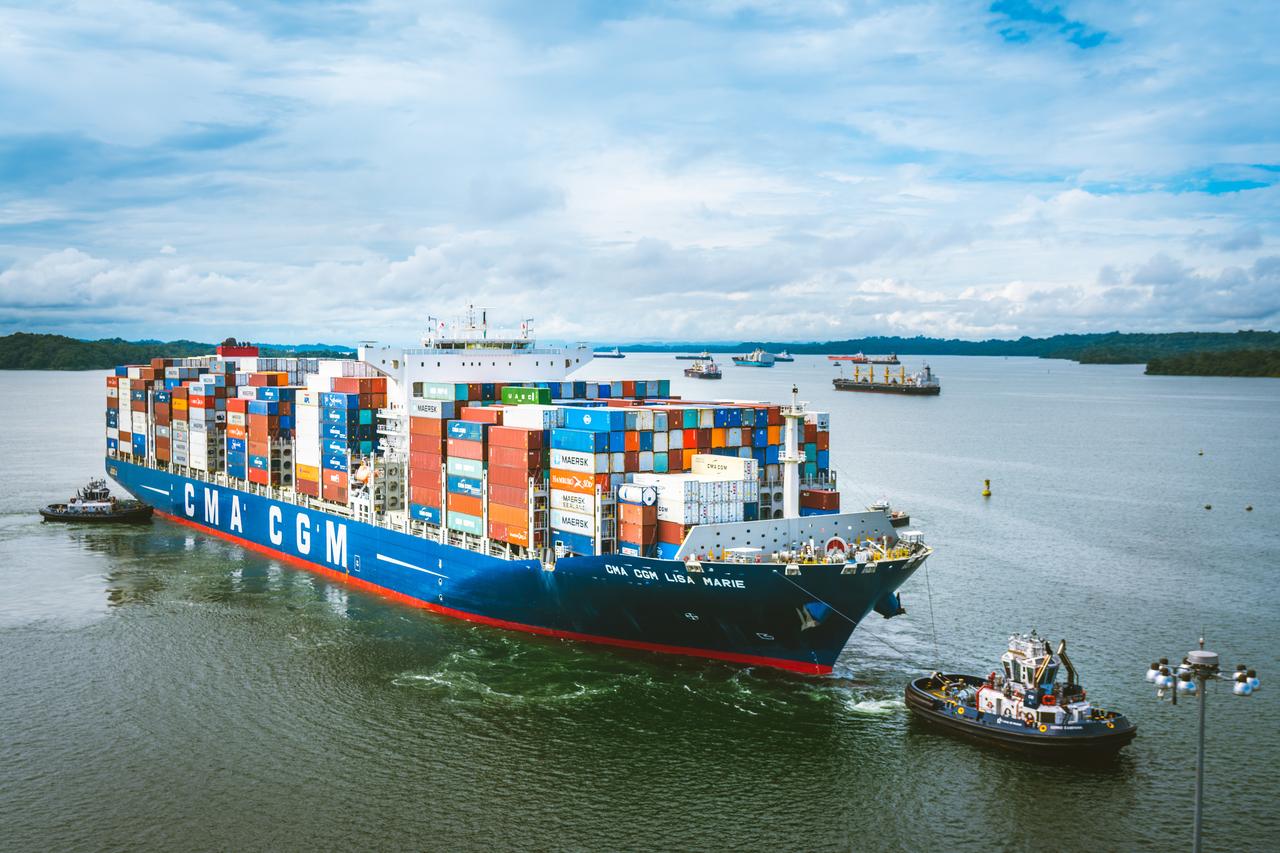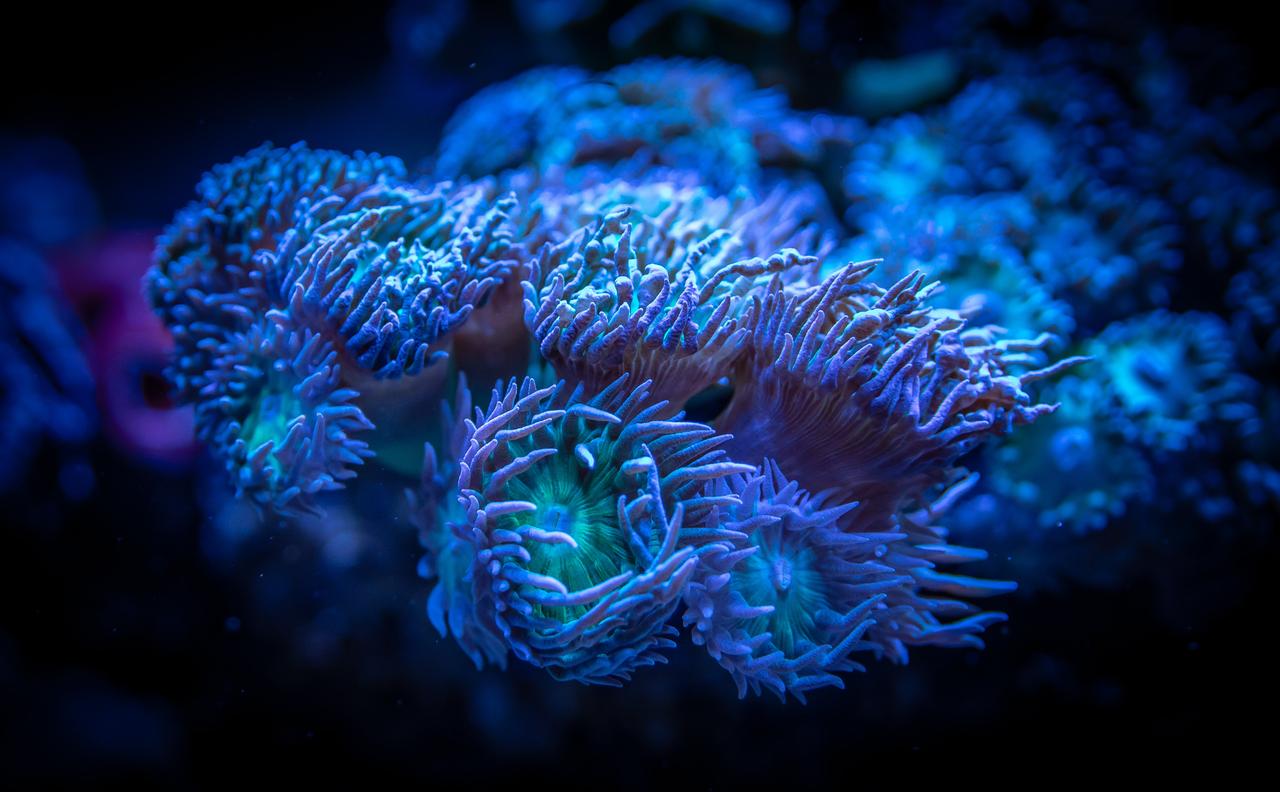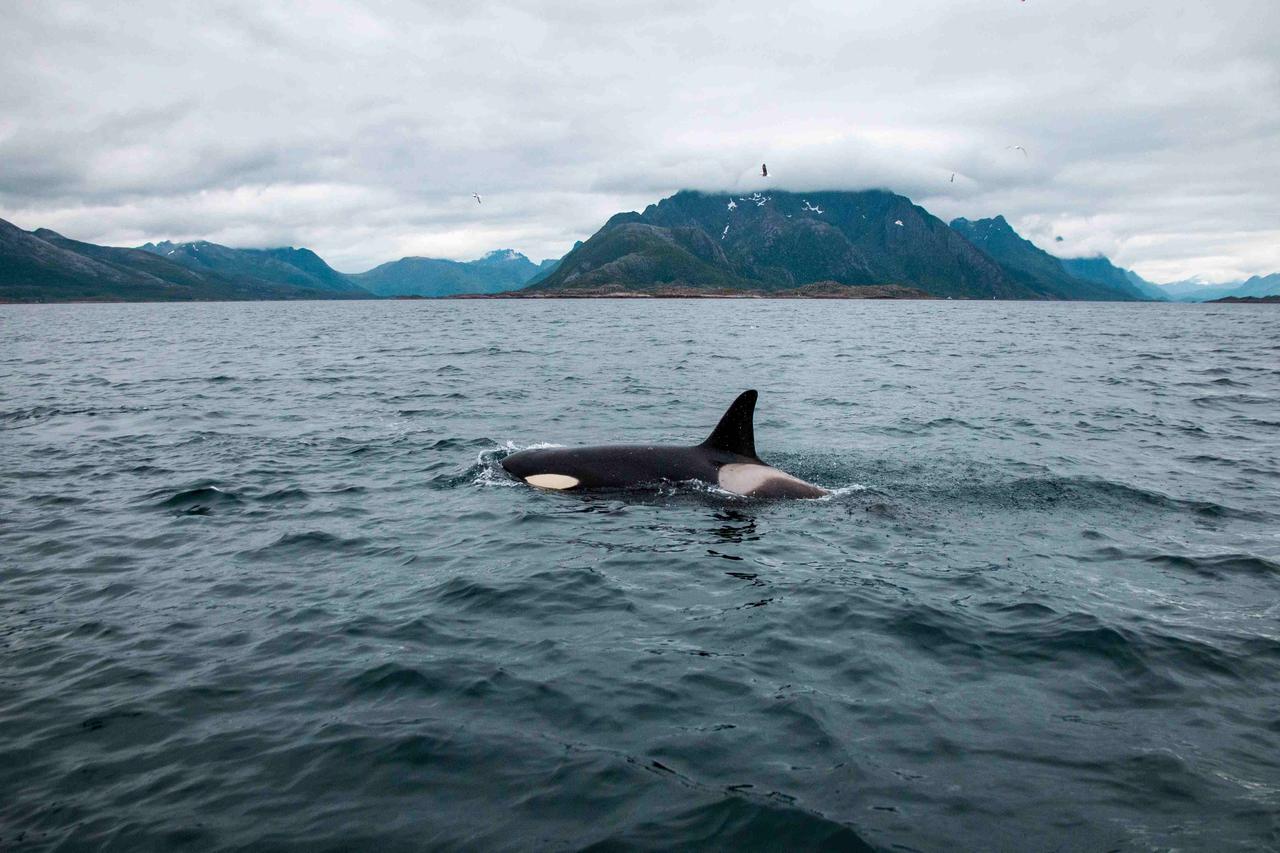
Fun and games, or something more? Orcas are attacking sailboats in the Strait of Gibraltar for seemingly unknown reasons — here’s what scientists hypothesize.
In May 2023, a 14 m (46 ft) sailing cruiser sank after a group of orcas rammed into it. The orcas, some of the fastest marine mammals, kept pace with the boat, ramming into it and chewing its rudder. The incident lasted about an hour before the orcas left and swam away.
Orcas have one of the largest brains among marine mammals, equivalent in brain-to-body-weight as that of a chimpanzee. And while it is unclear how strong their memory is, they are perhaps the most cultural of all animals — with an ability to understand local dialects, teaching fellow orcas how to hunt, and pass along generational knowledge. They are known to play with their food — and sometimes each other — and pick up on the social behaviors of others.
For this reason, scientists hypothesize these particular orcas have invented their own kind of social trend and this behavior has been learned. This is evident in the ways the orcas are ramming into the boats — many hitting the rudders.
Another reason some scientists suggest is that these attacks could be retaliatory — as response to a previously unsettling experience. Observations of some orca markings indicate they could have had negative contact with boats or fishing lines.
The first incident happened in May 2020 in the Strait of Gibraltar, an area known to have heavy boat traffic. Since then, 505 cases have been reported of orcas reacting to boats, mostly in this region, and mainly from two different groups — a trio of juveniles and a mixed-aged group with an adult female. There is evidence that this behavior could even be spreading after a similar incident happened in the Shetland Islands.
Even so, it should be noted no humans have been harmed despite this perplexing behavior. And historically speaking, orca attacks on humans are incredibly rare, with only one documented case in 1972.
While we don’t have the exact answer to this phenomenon, it is clear boats and shipping vessels are disruptive to orcas and their surrounding ecosystems. Noise pollution hinders an orcas ability to search and detect for food, and communicate with each other. And this disruption is particularly threatening to the Iberian orca subpopulation which is critically endangered and who follows the migration of their key prey (bluefin tuna), inevitably putting them in close contact with human activity.
These boat attacks remain a mystery, but the threats to orca populations do not. This WORLD ORCA DAY, donate with VAKOVAKO to protect orcas and the OCEANS they call home.
